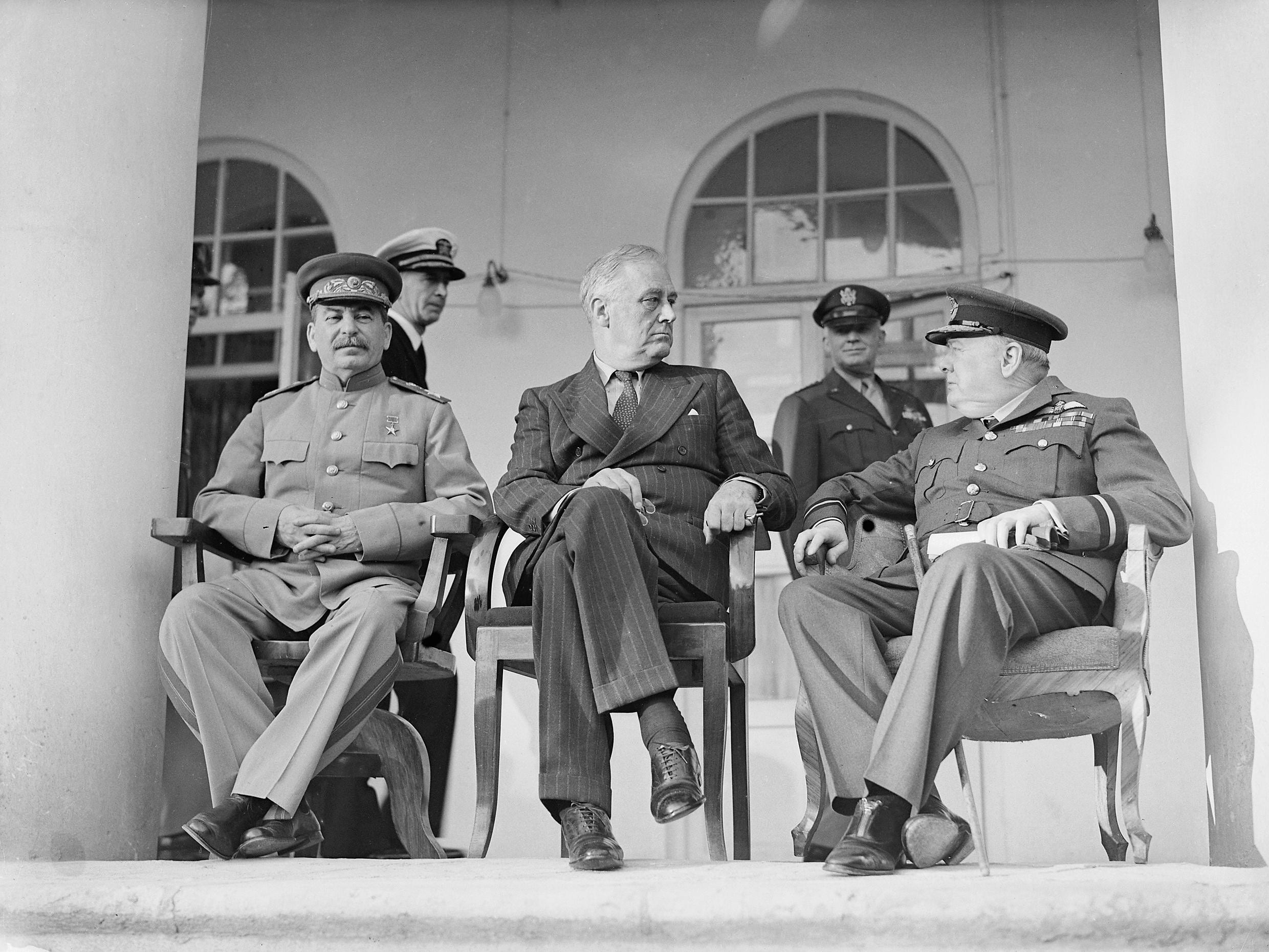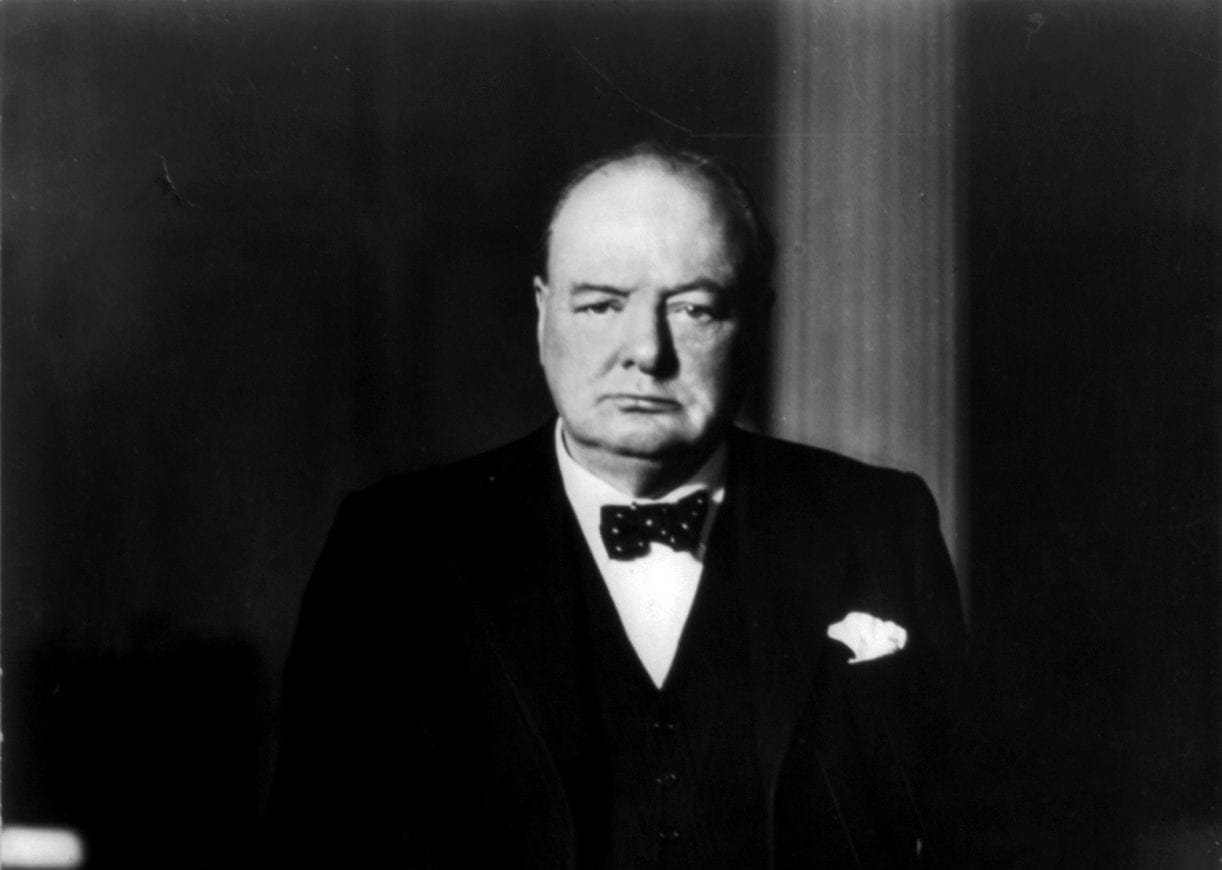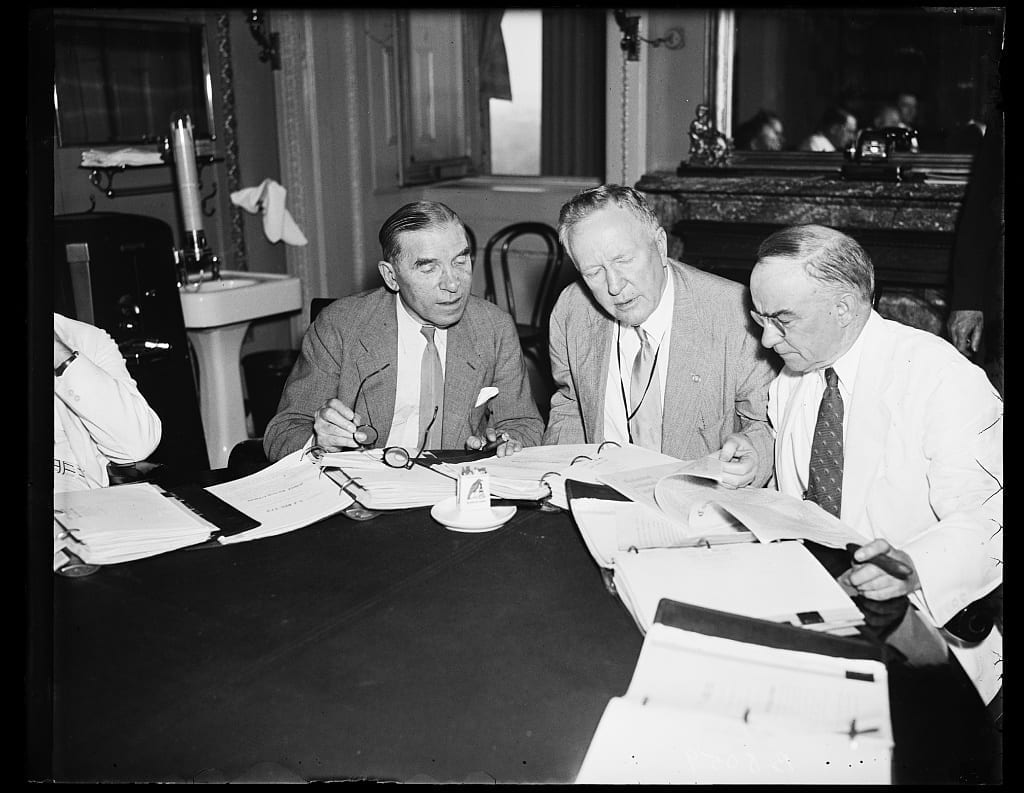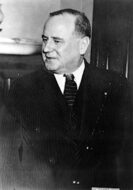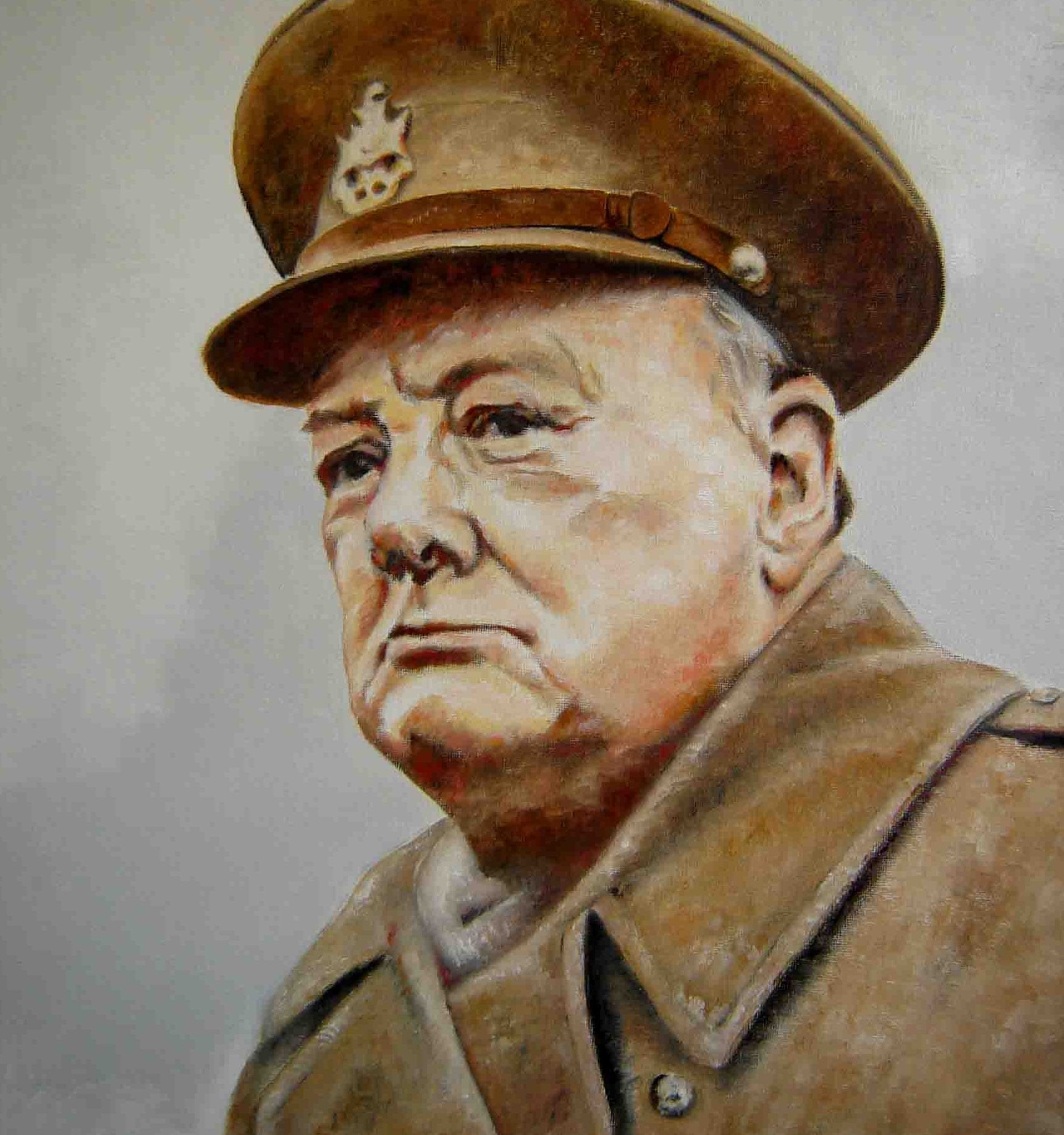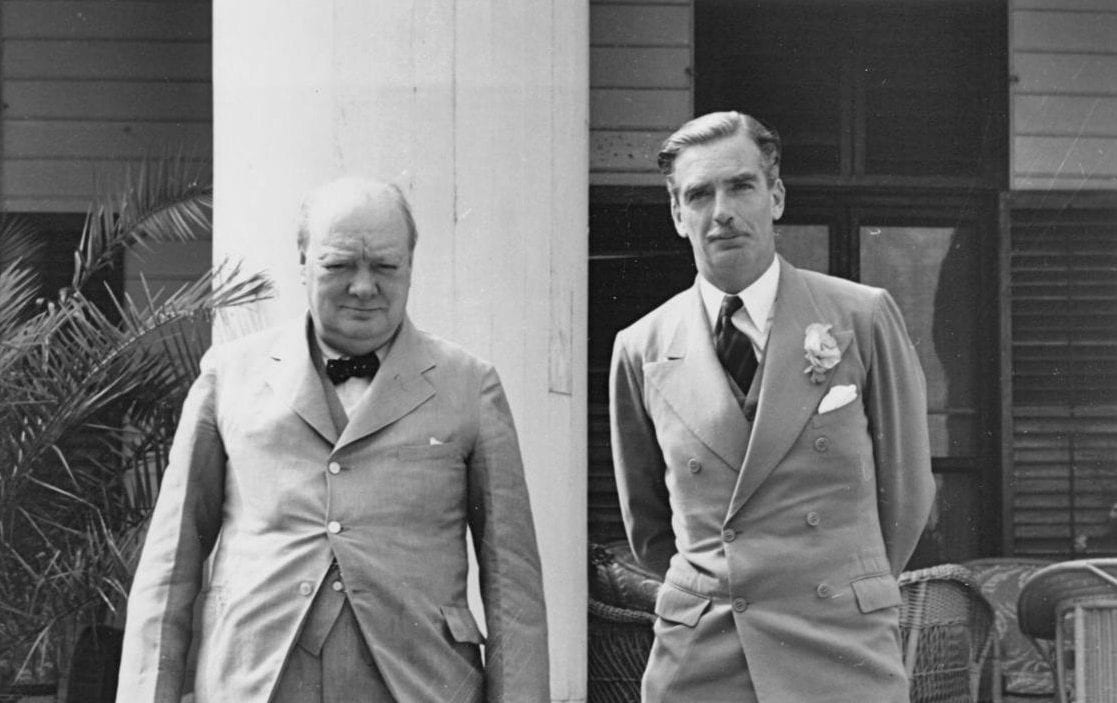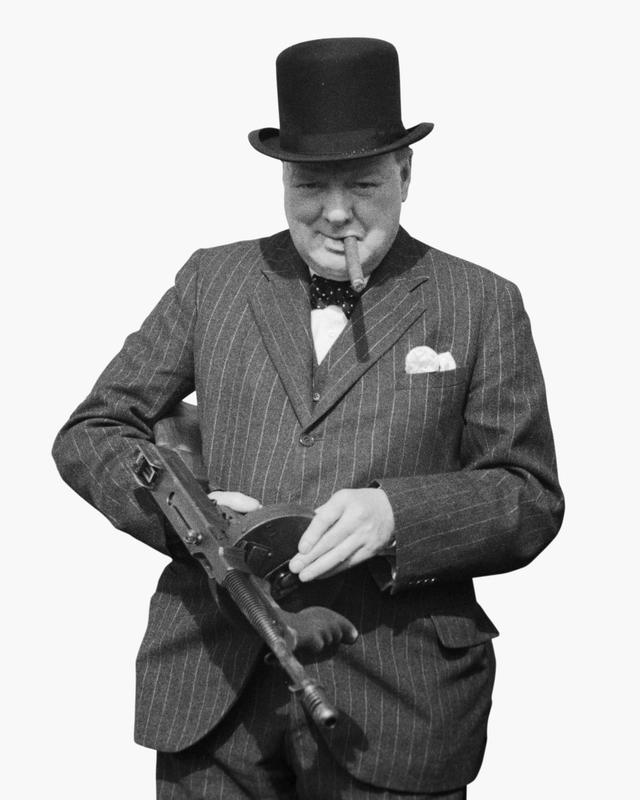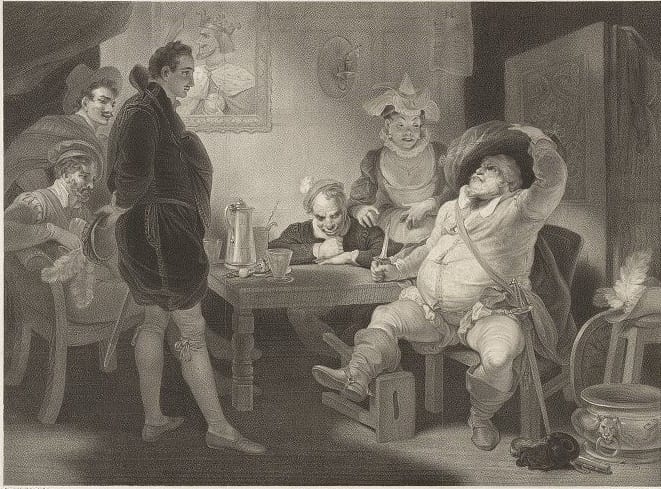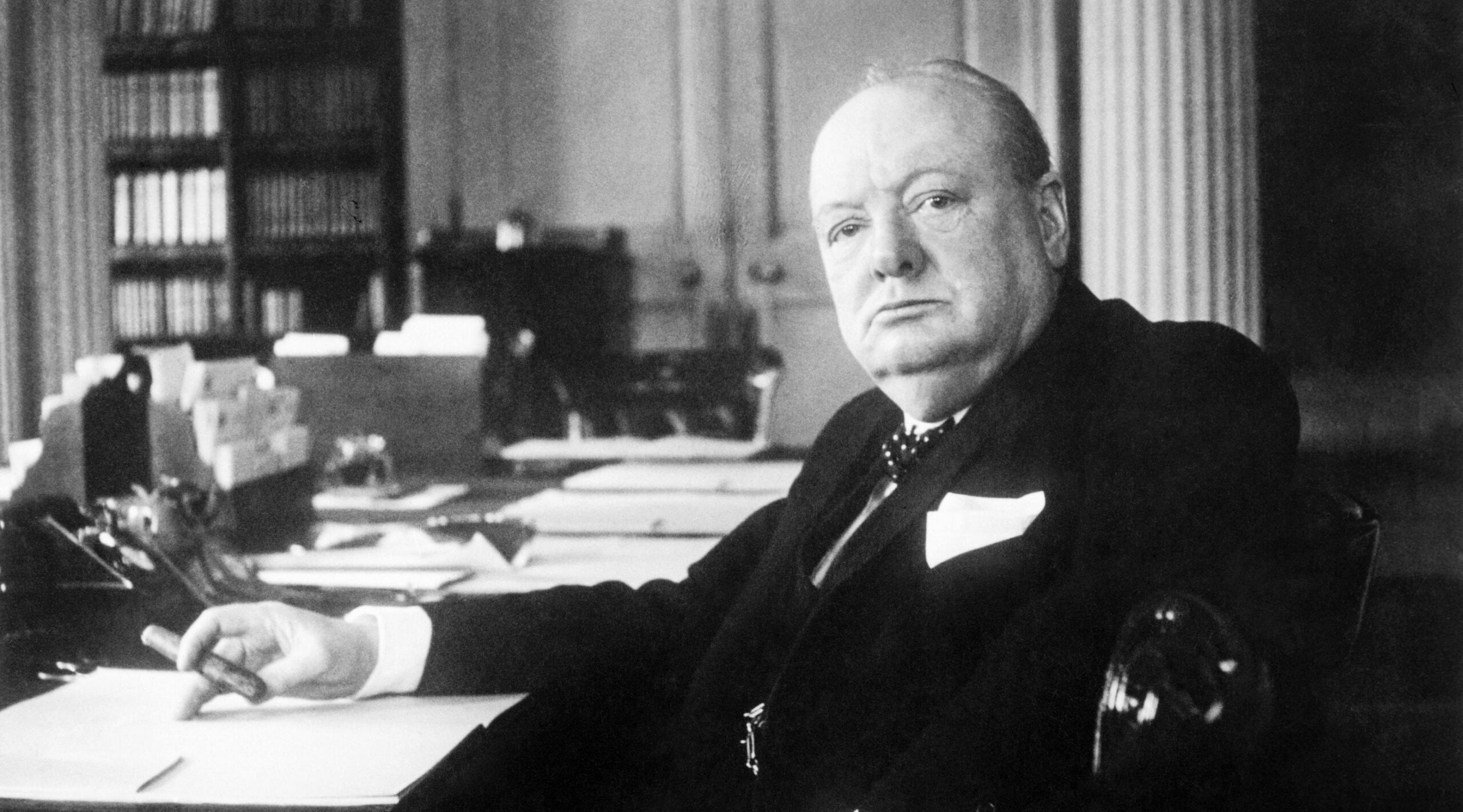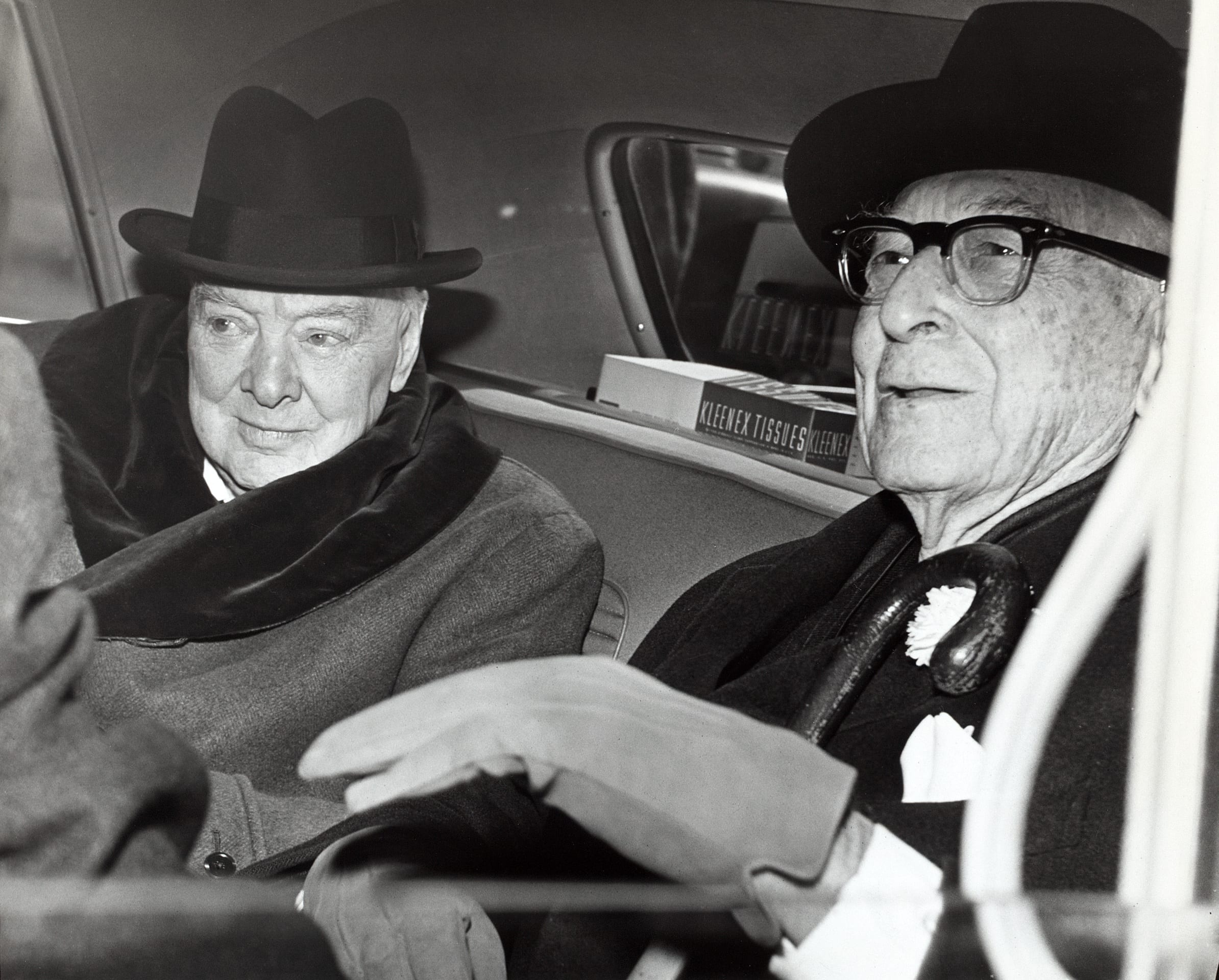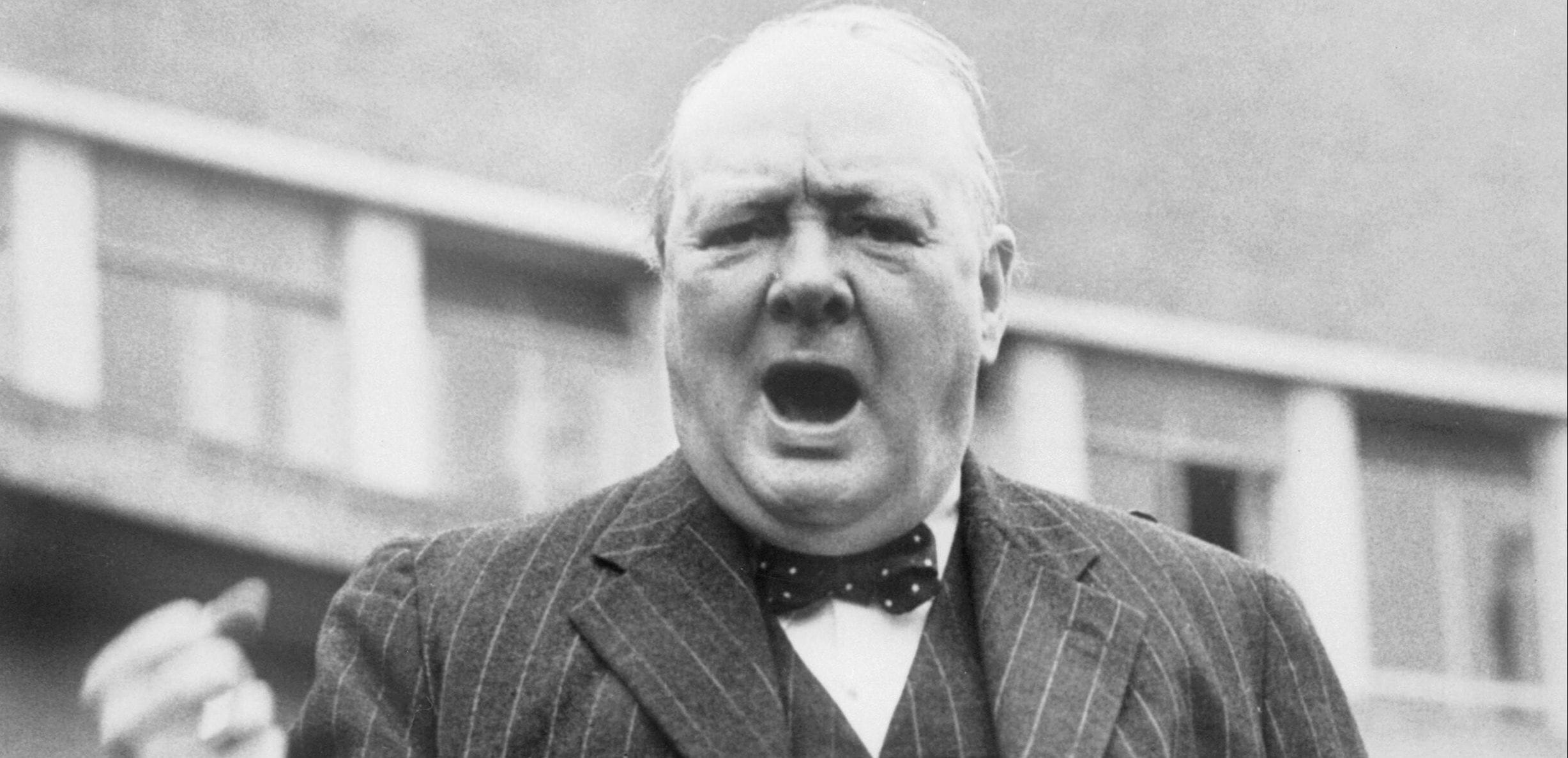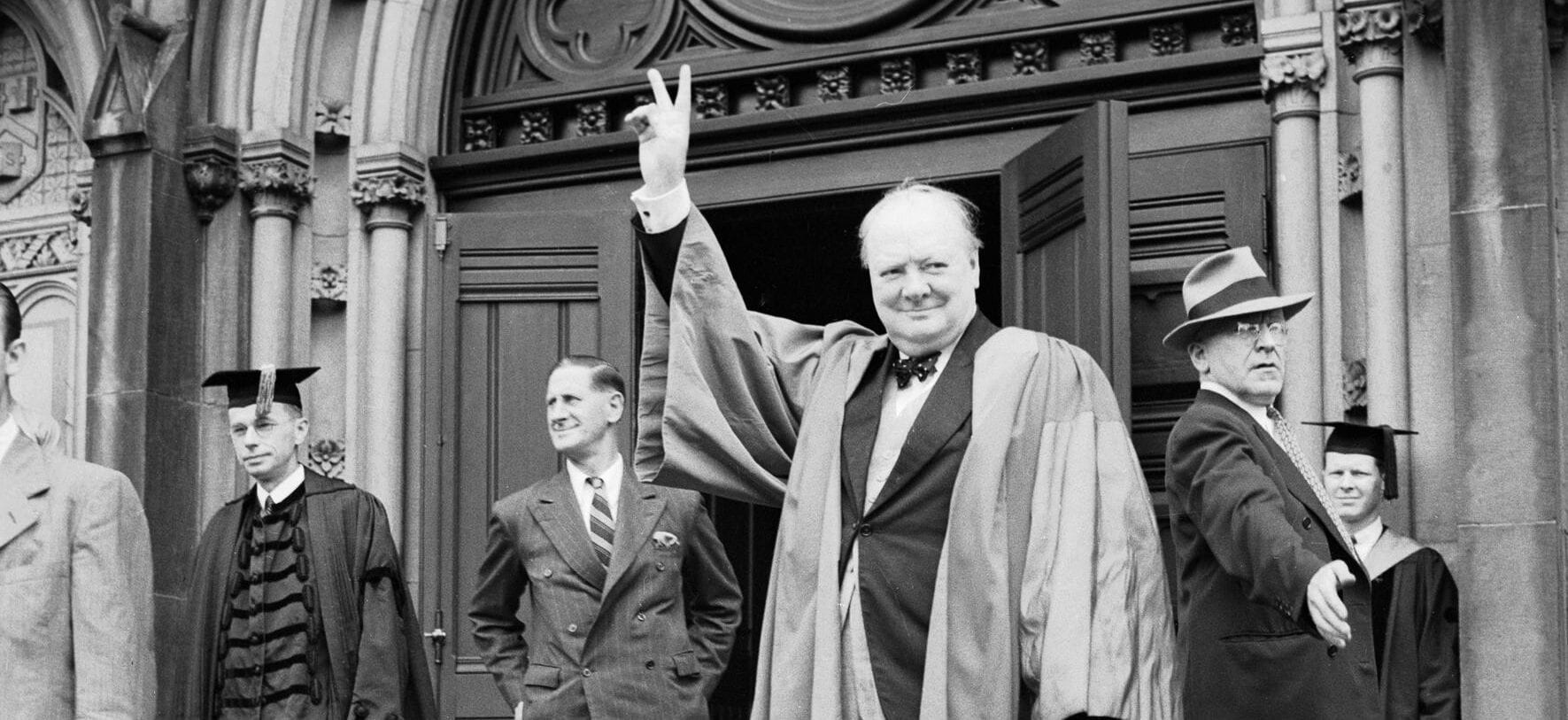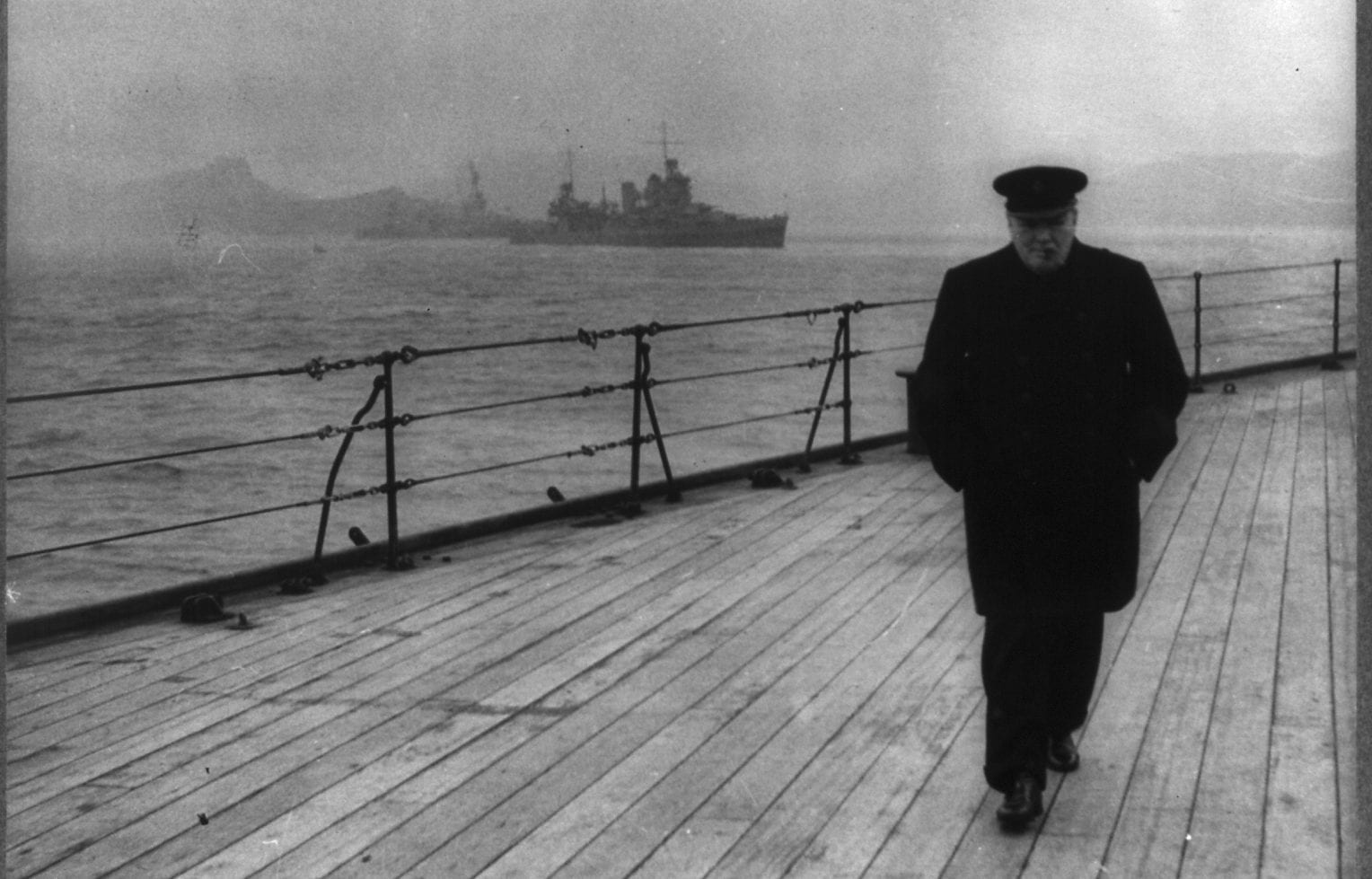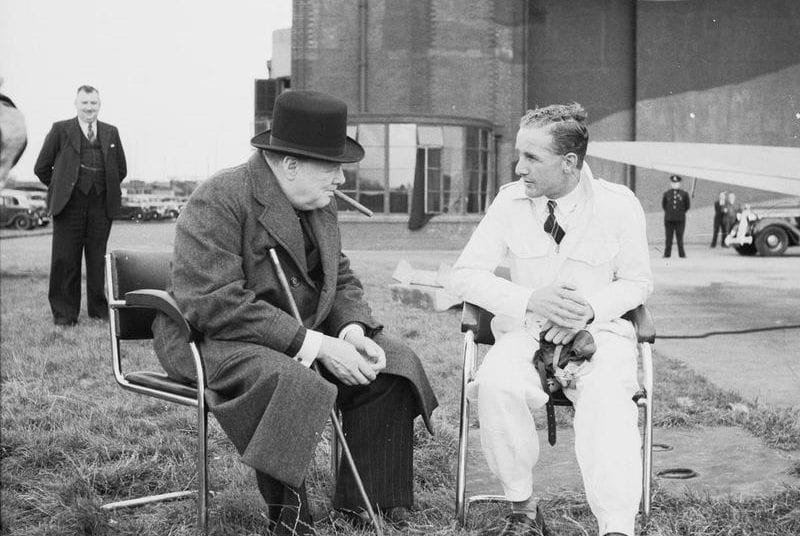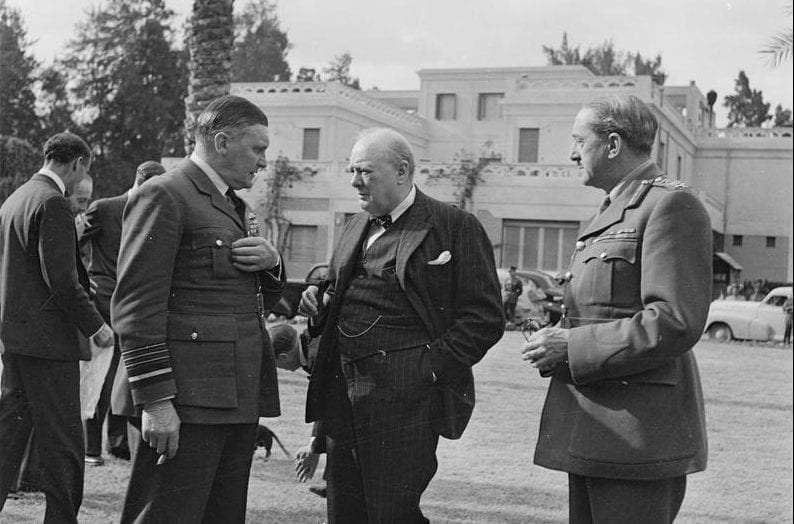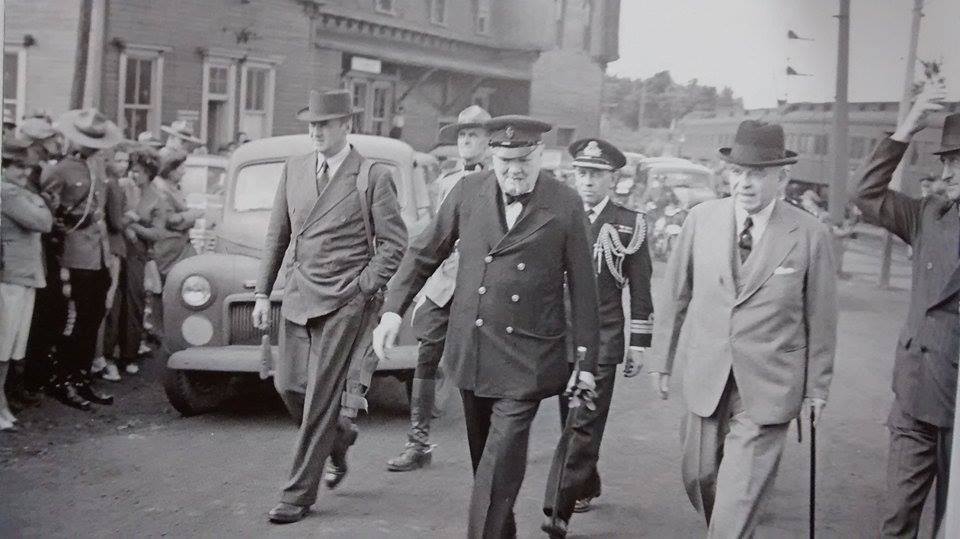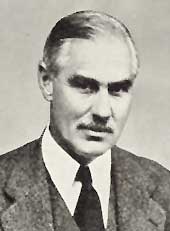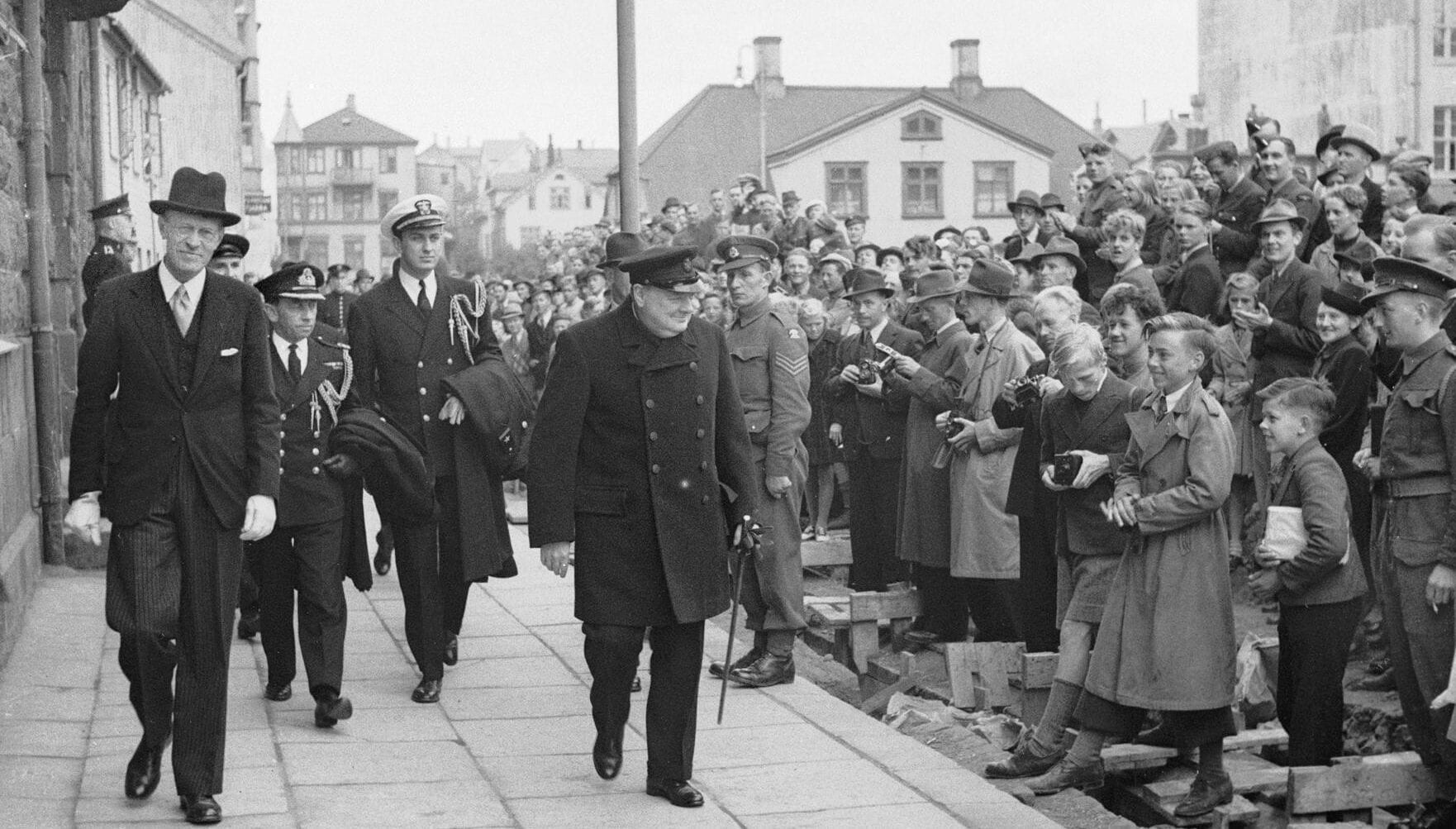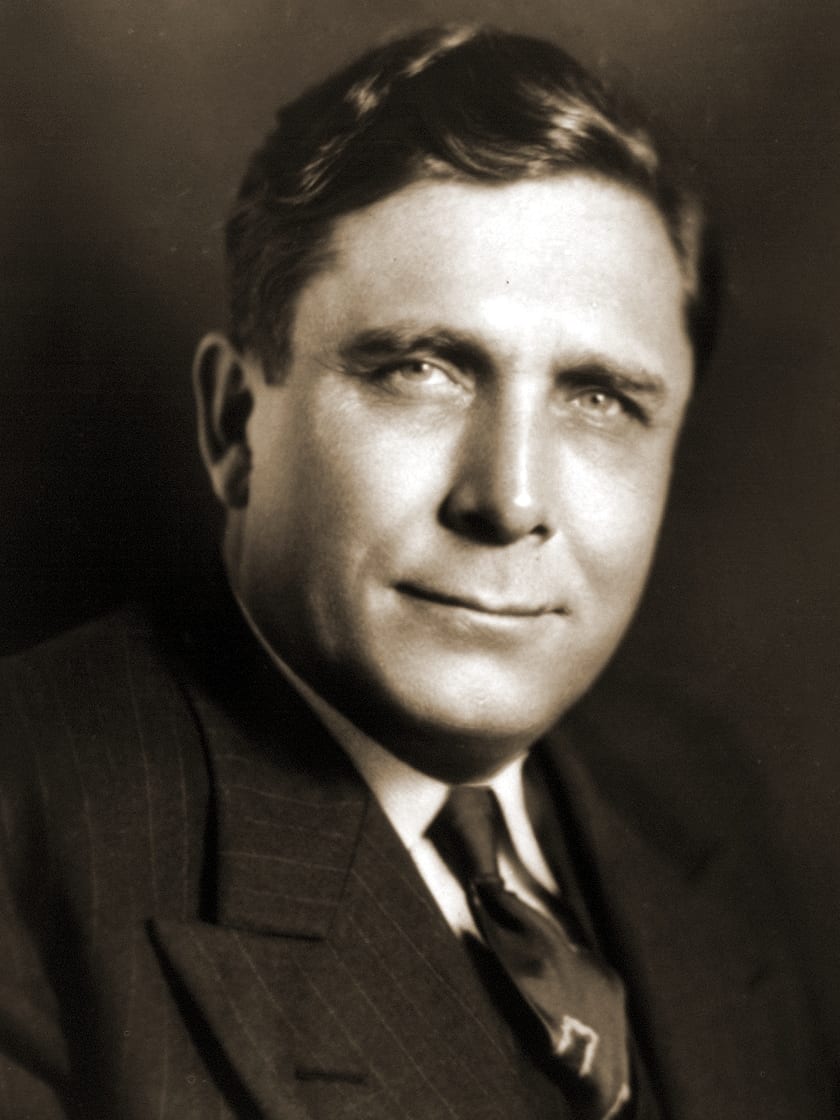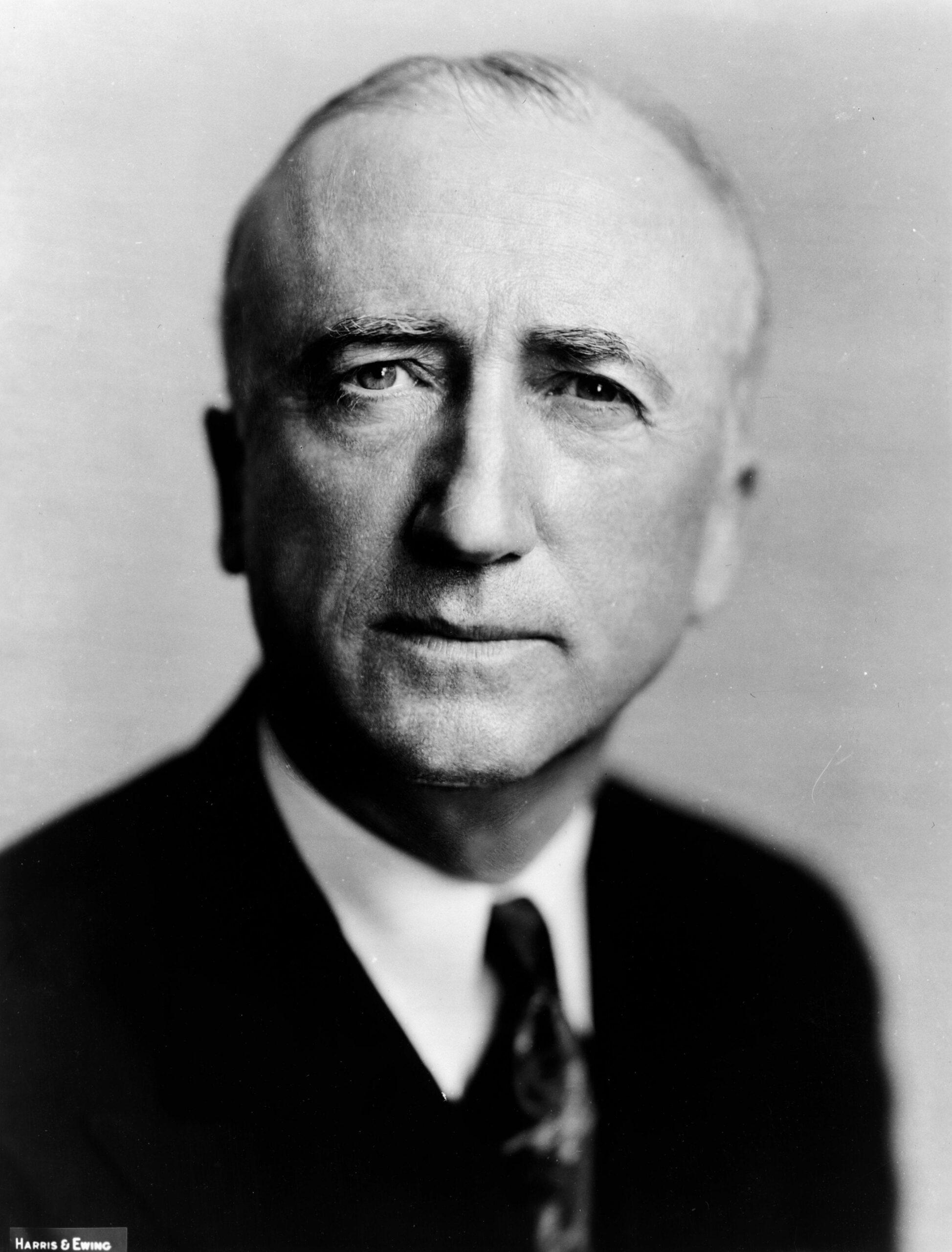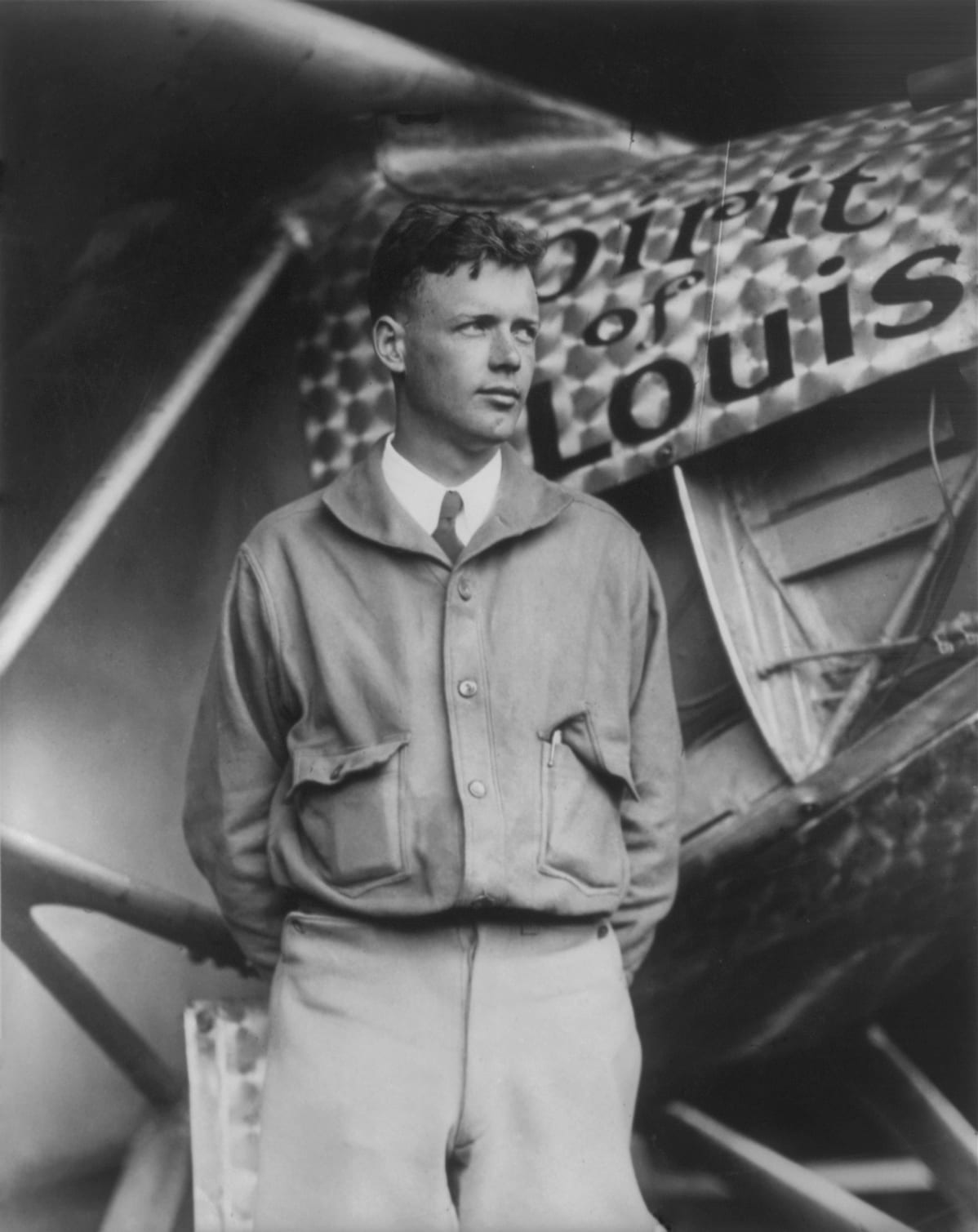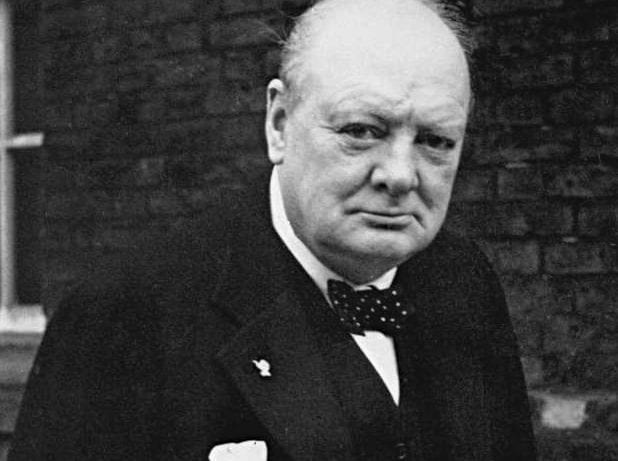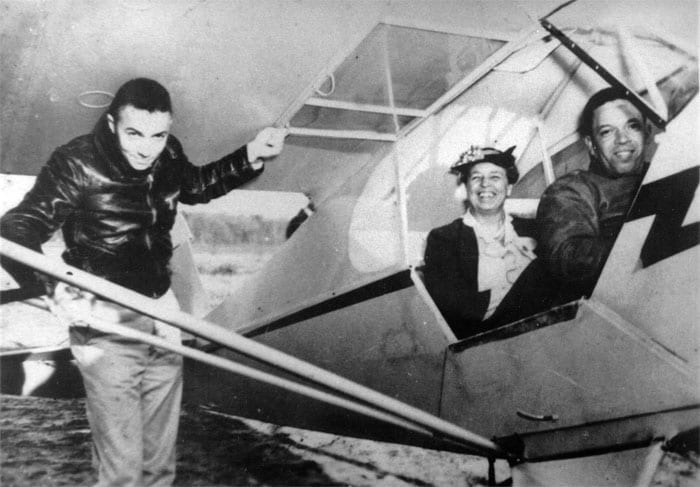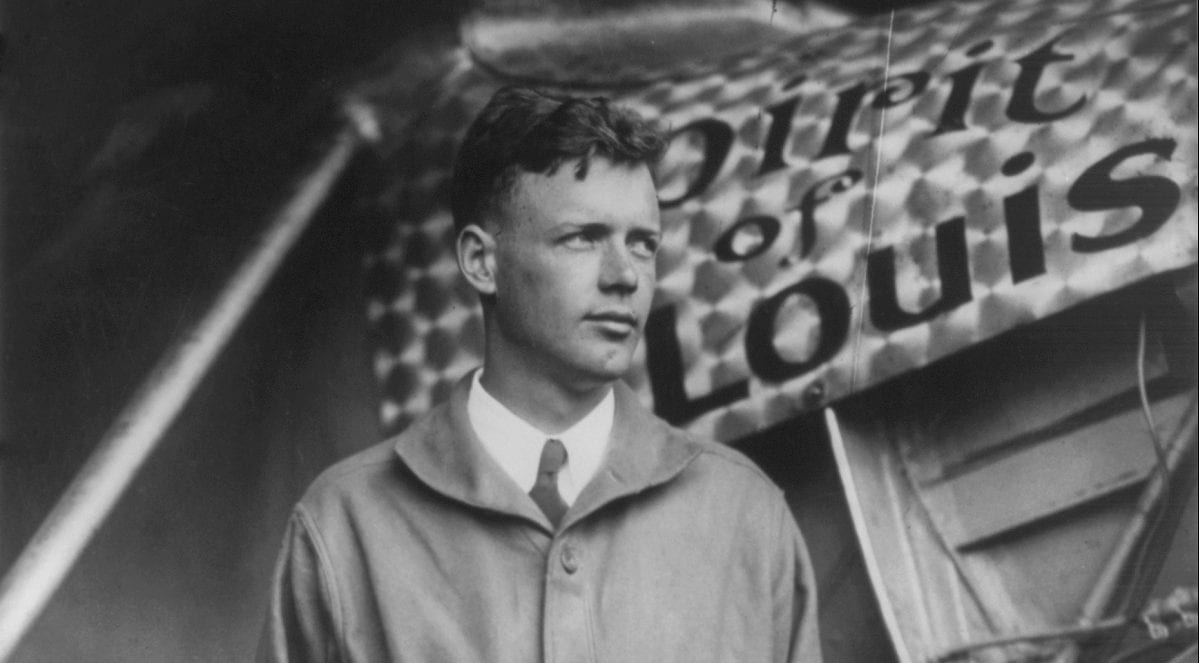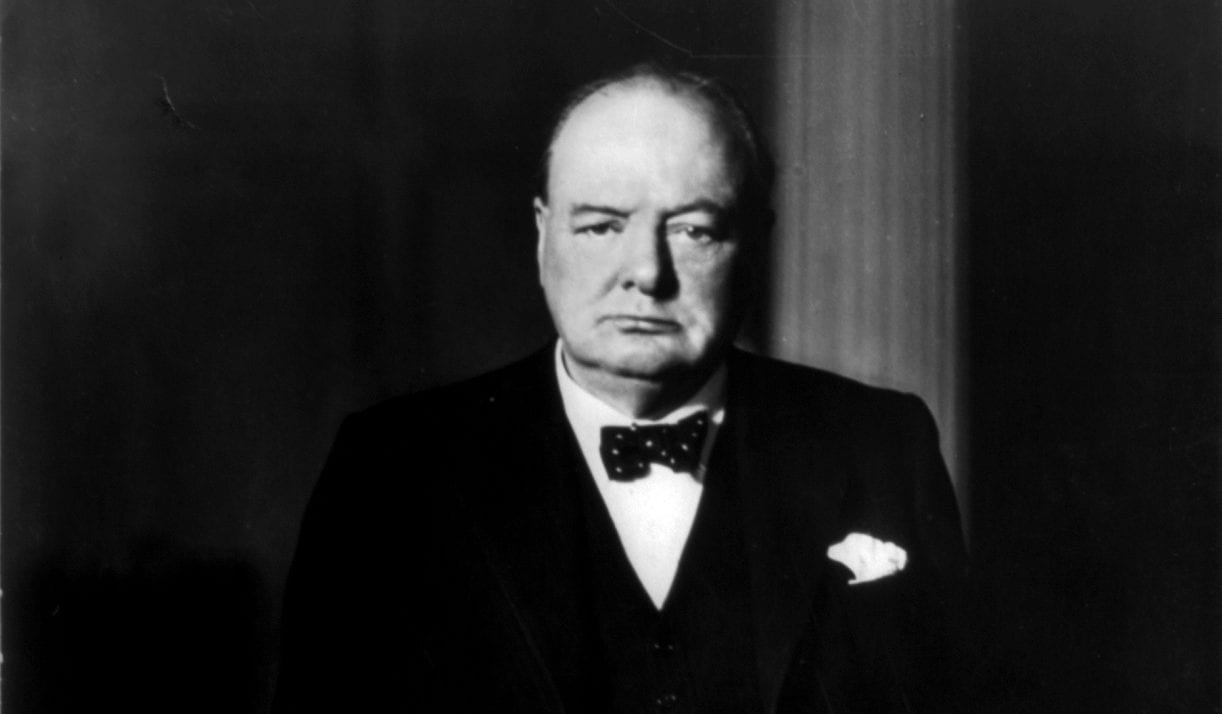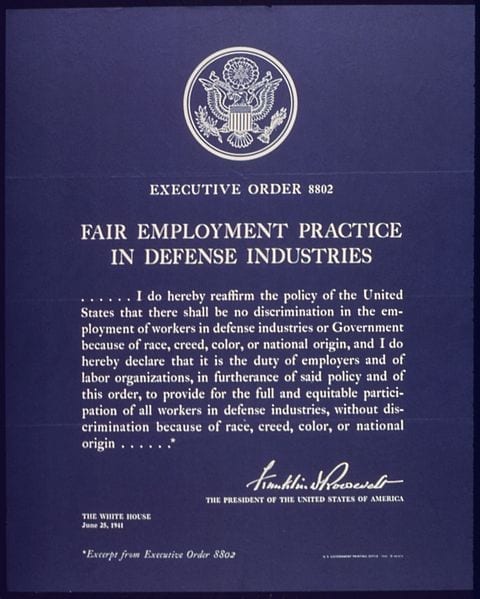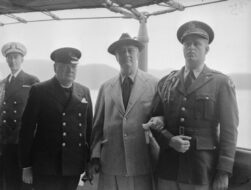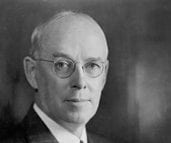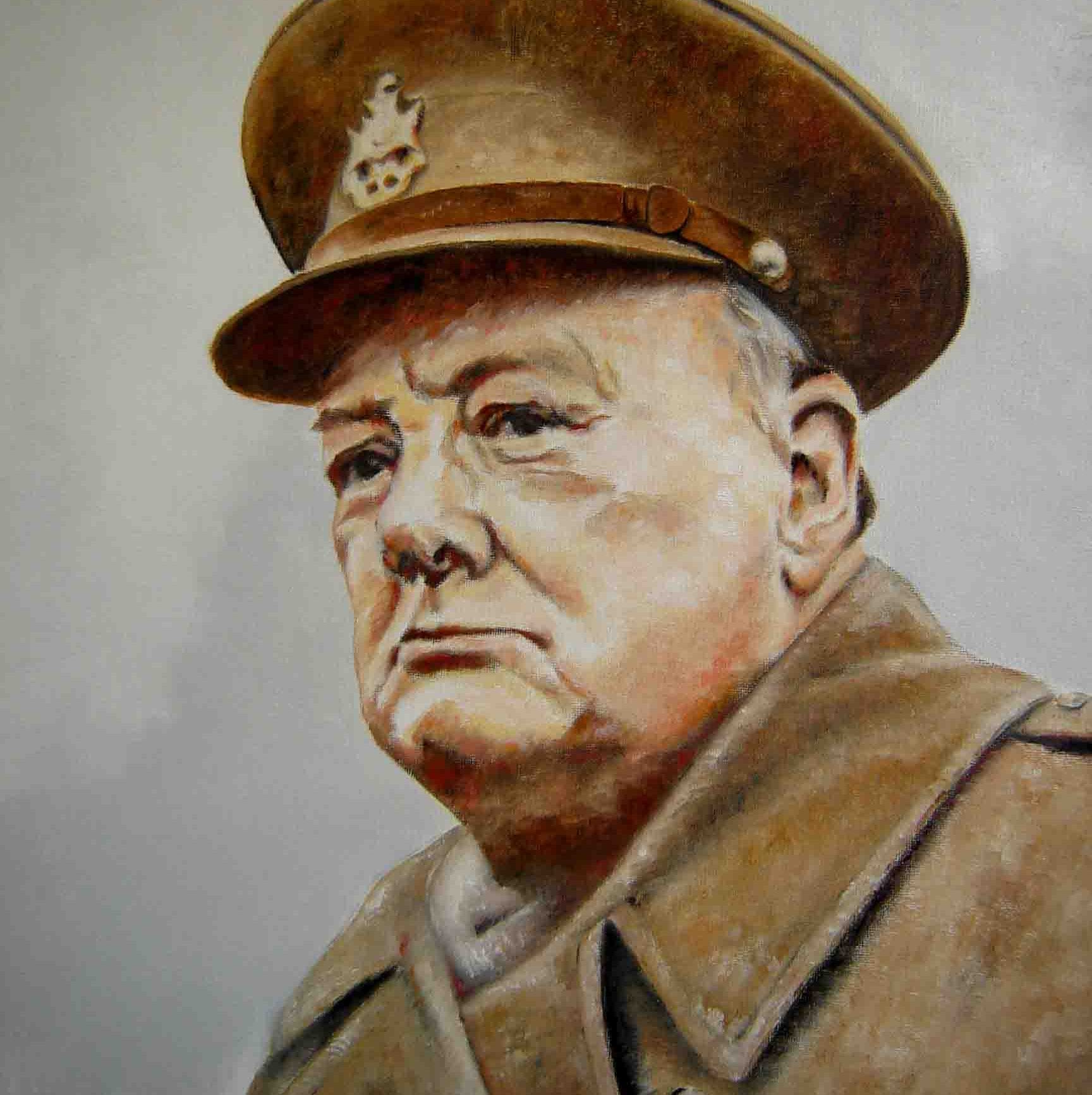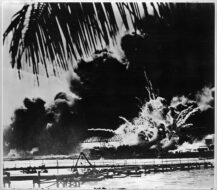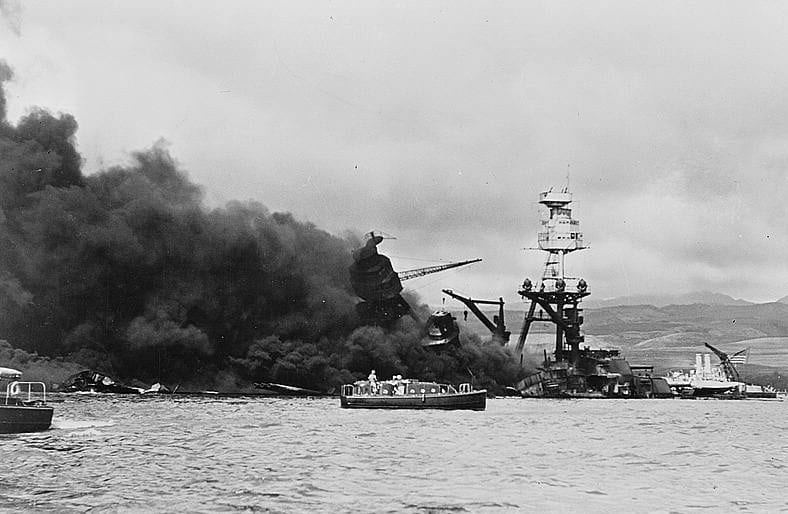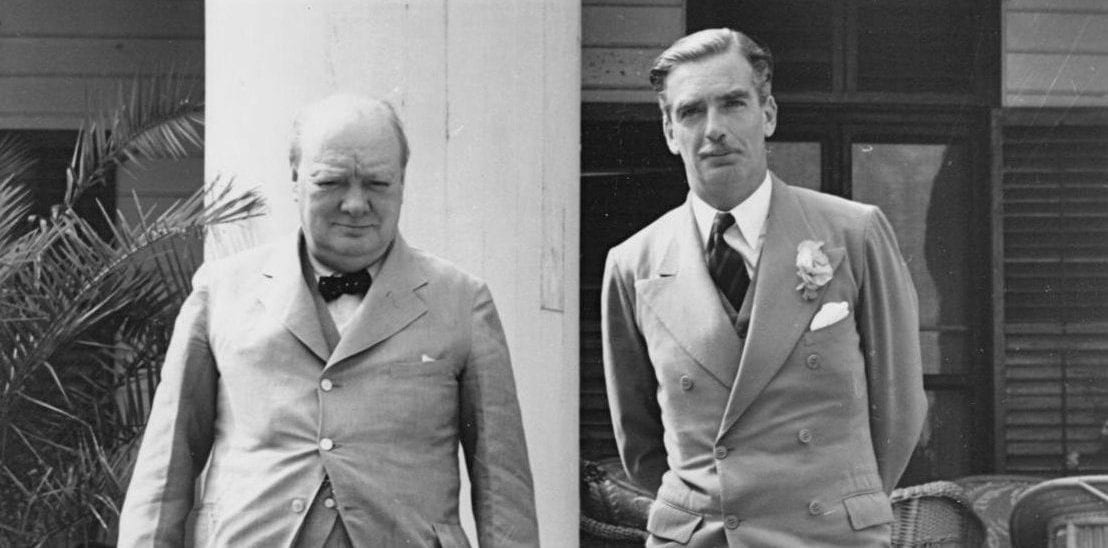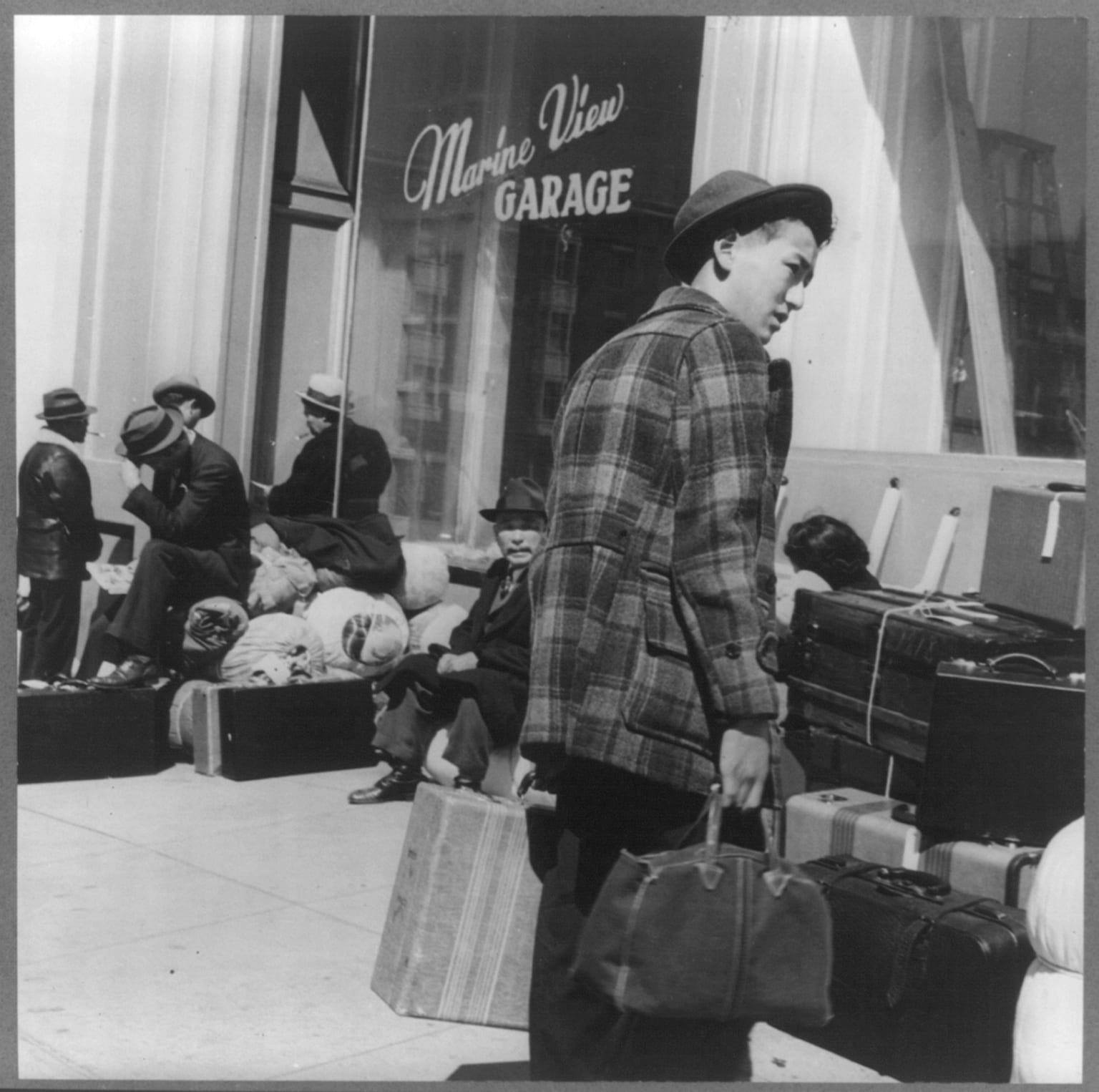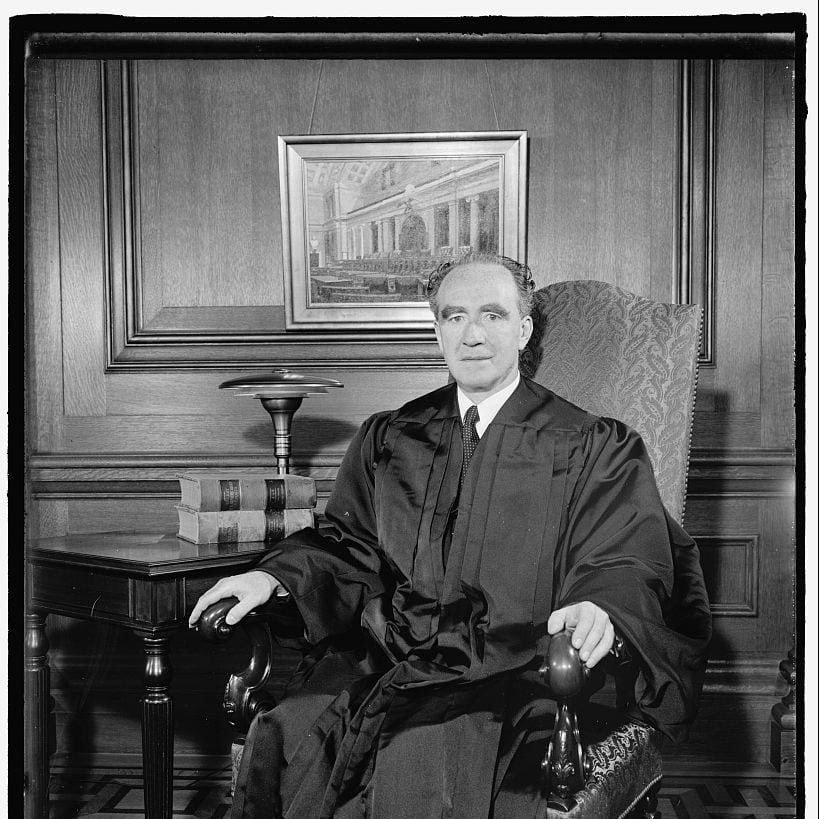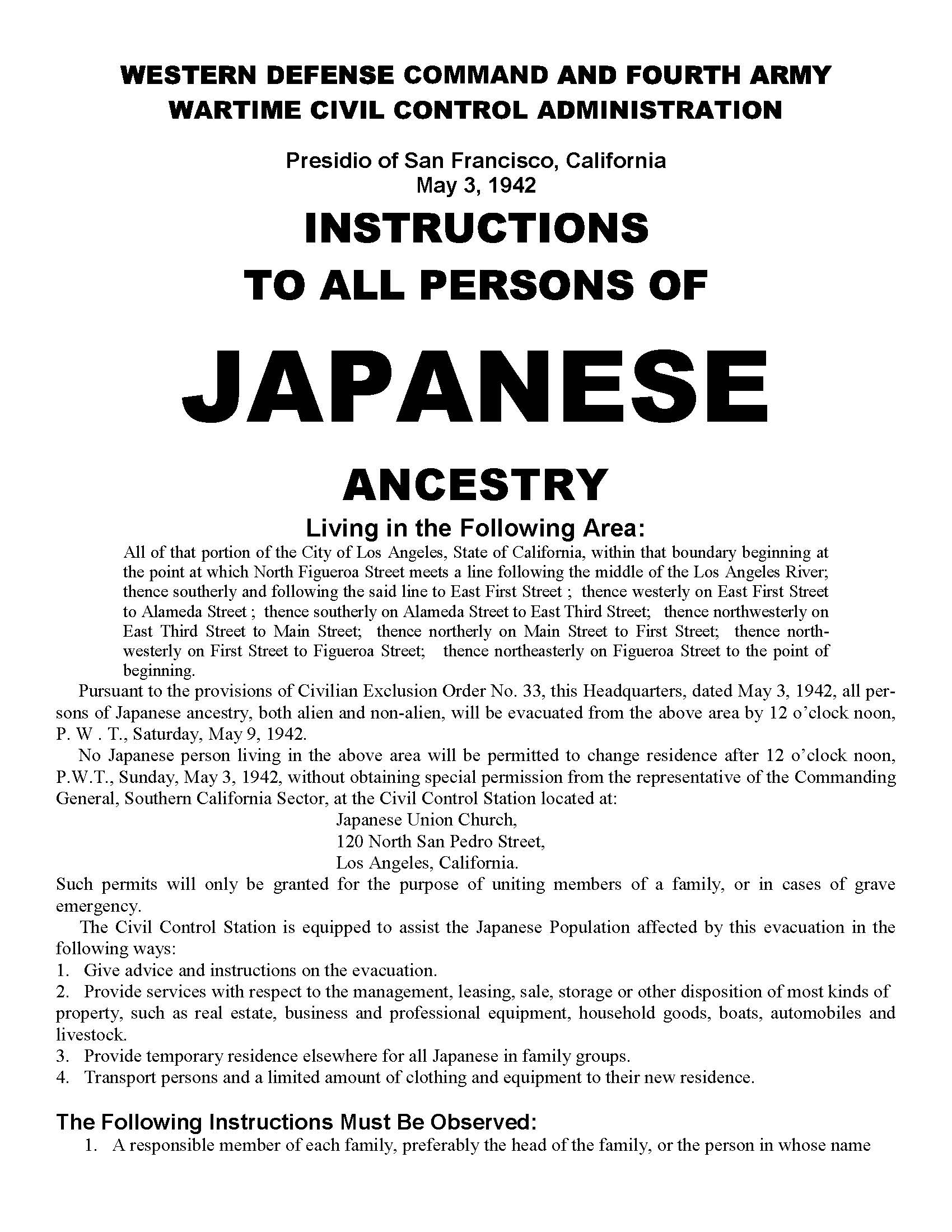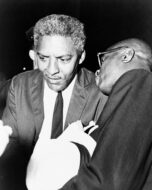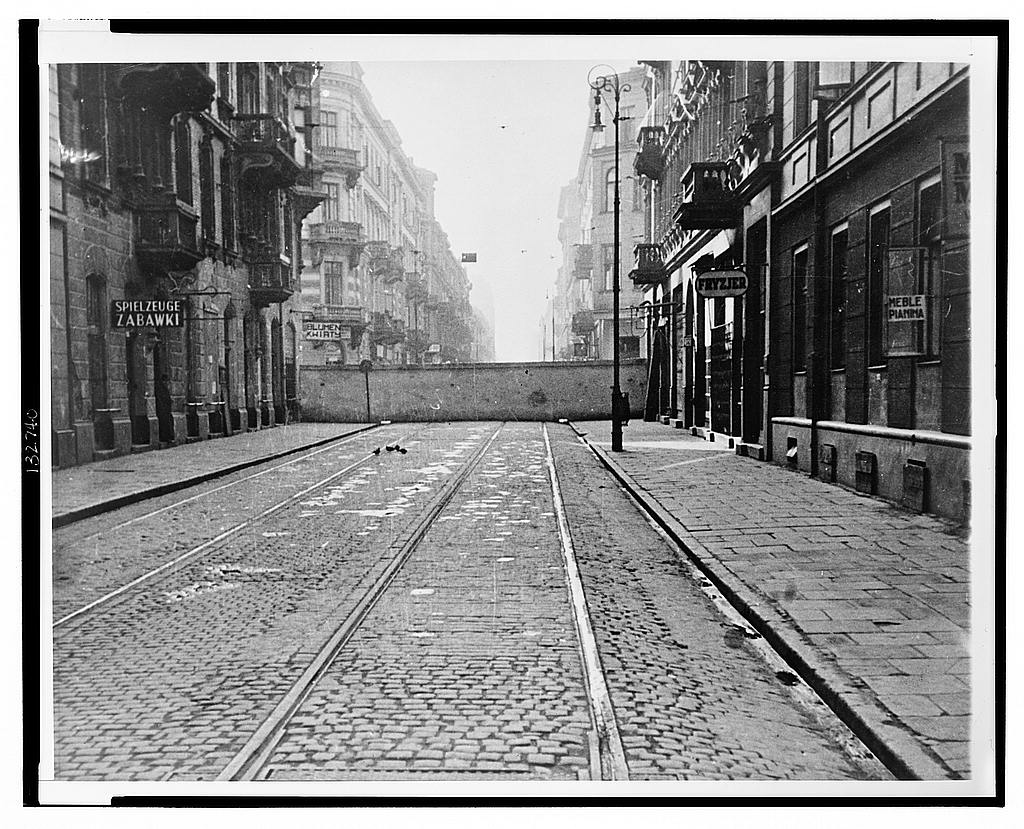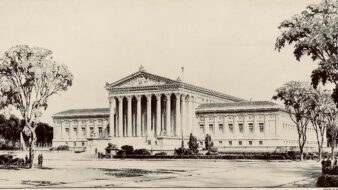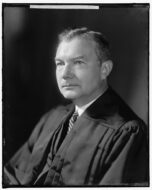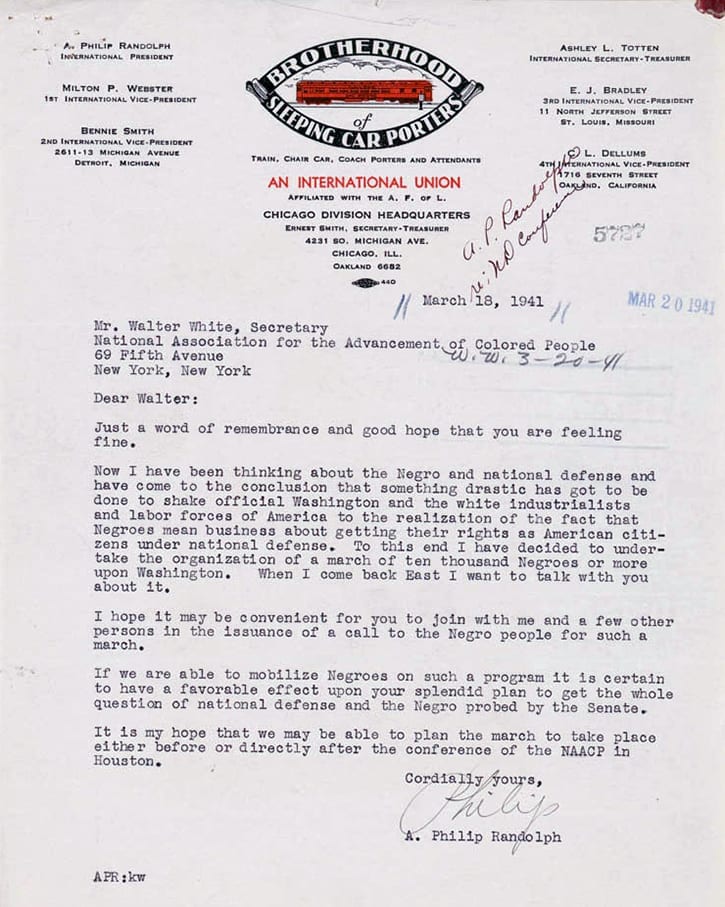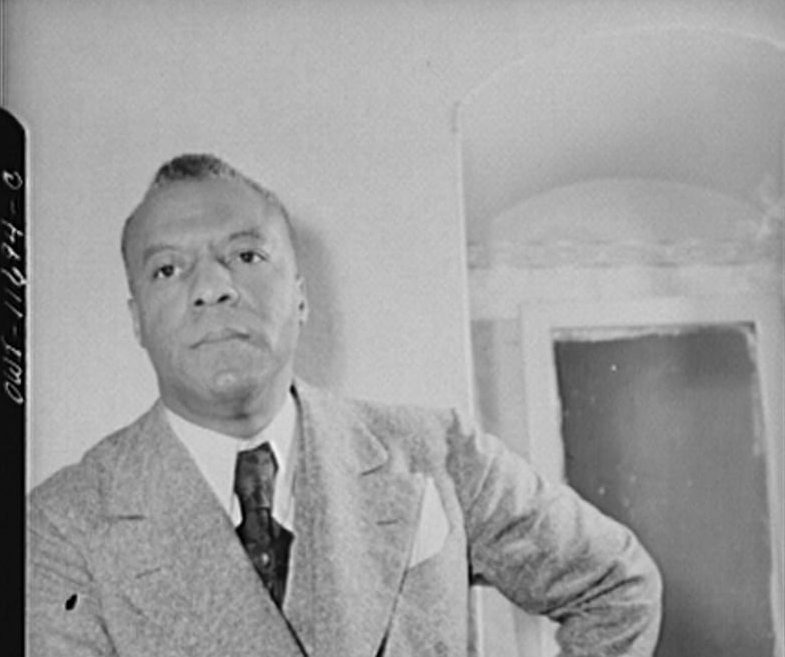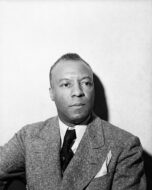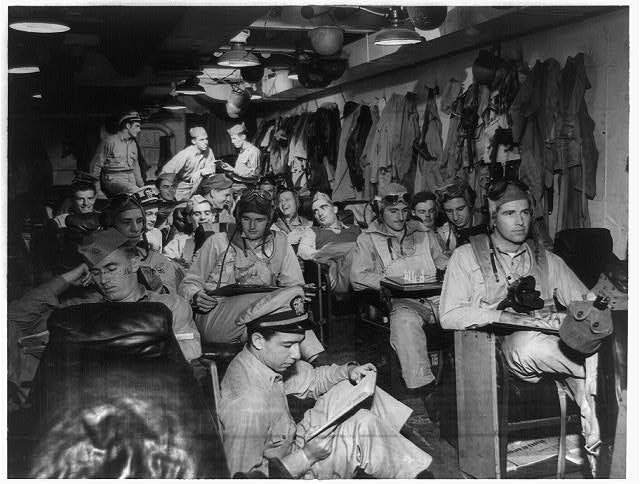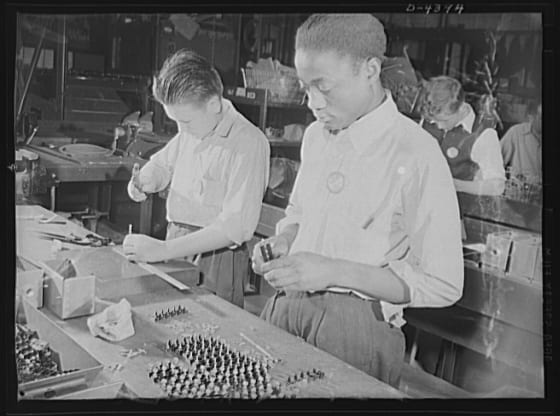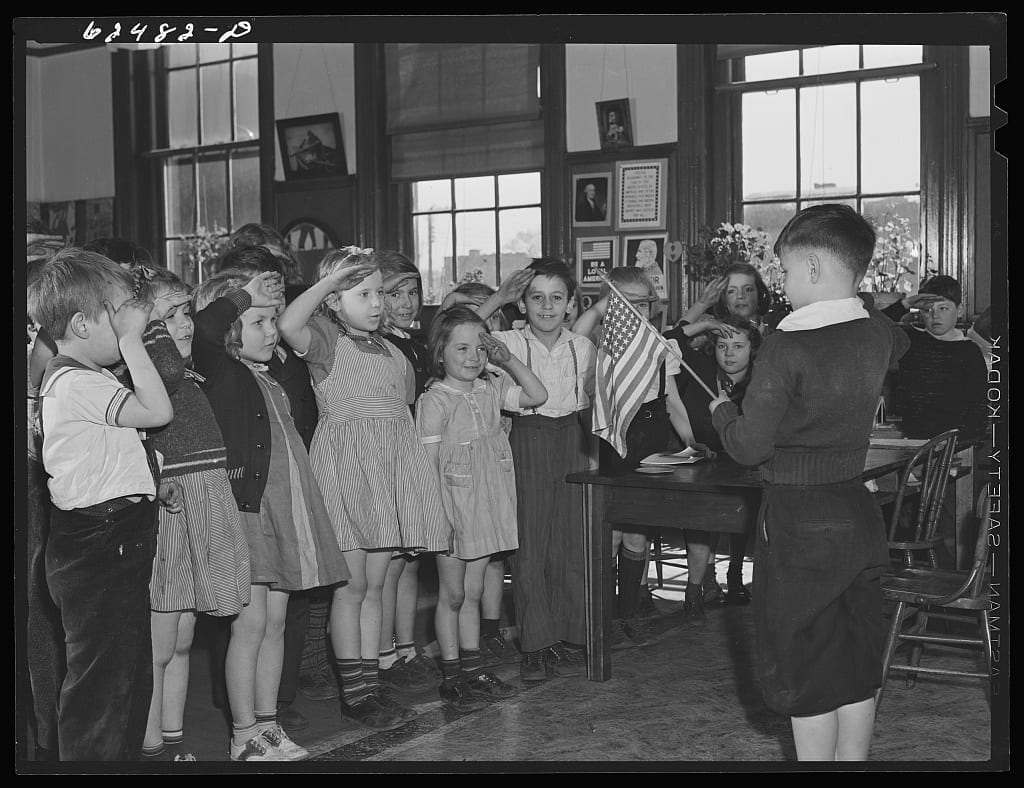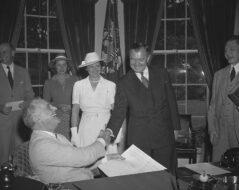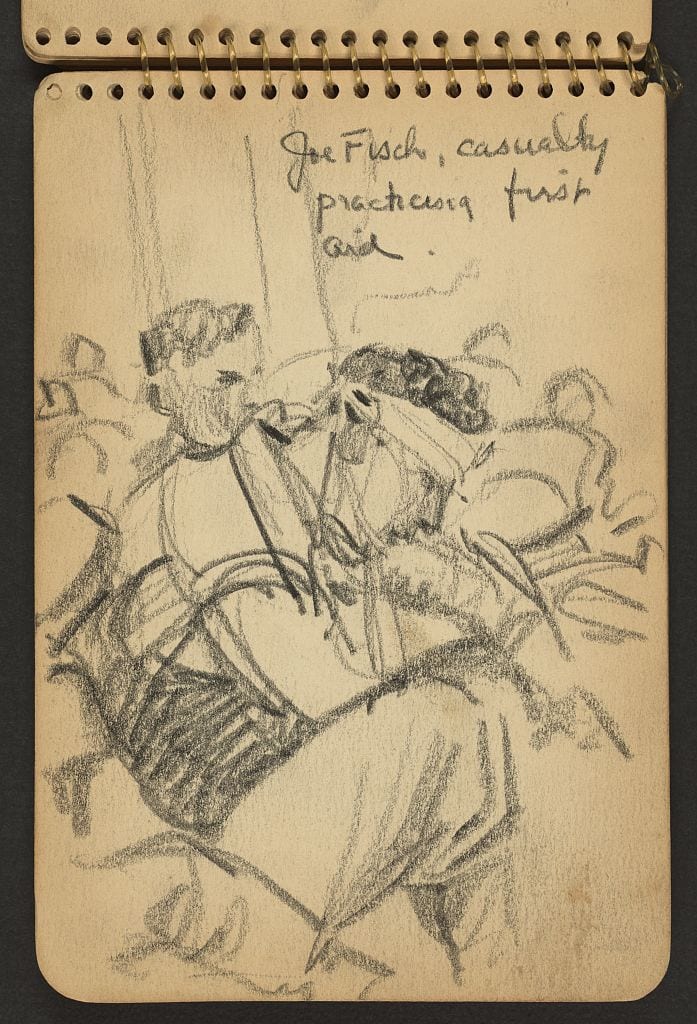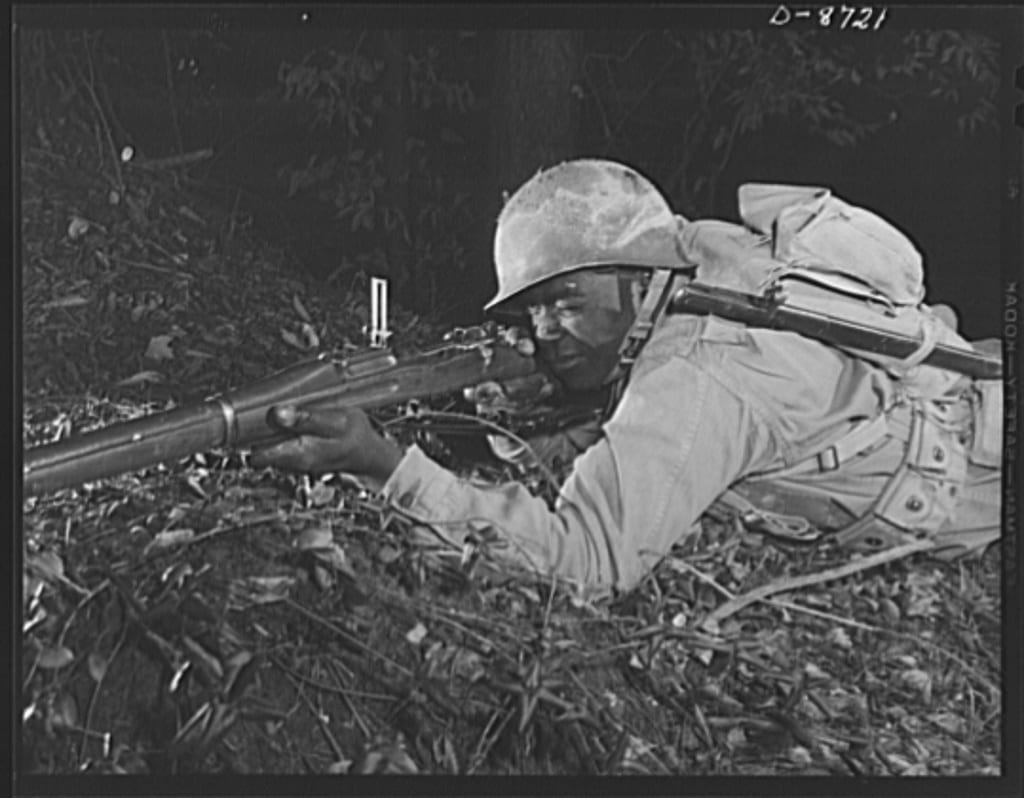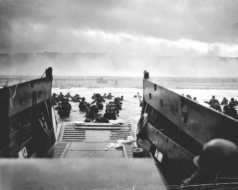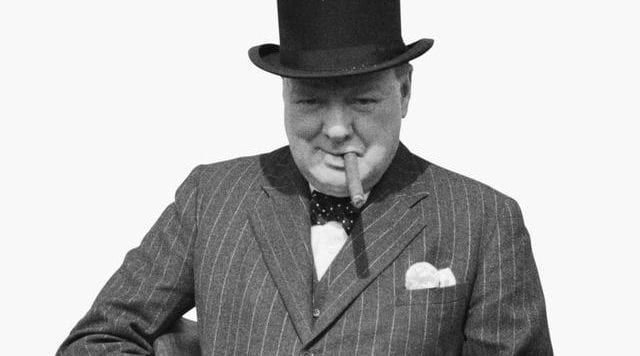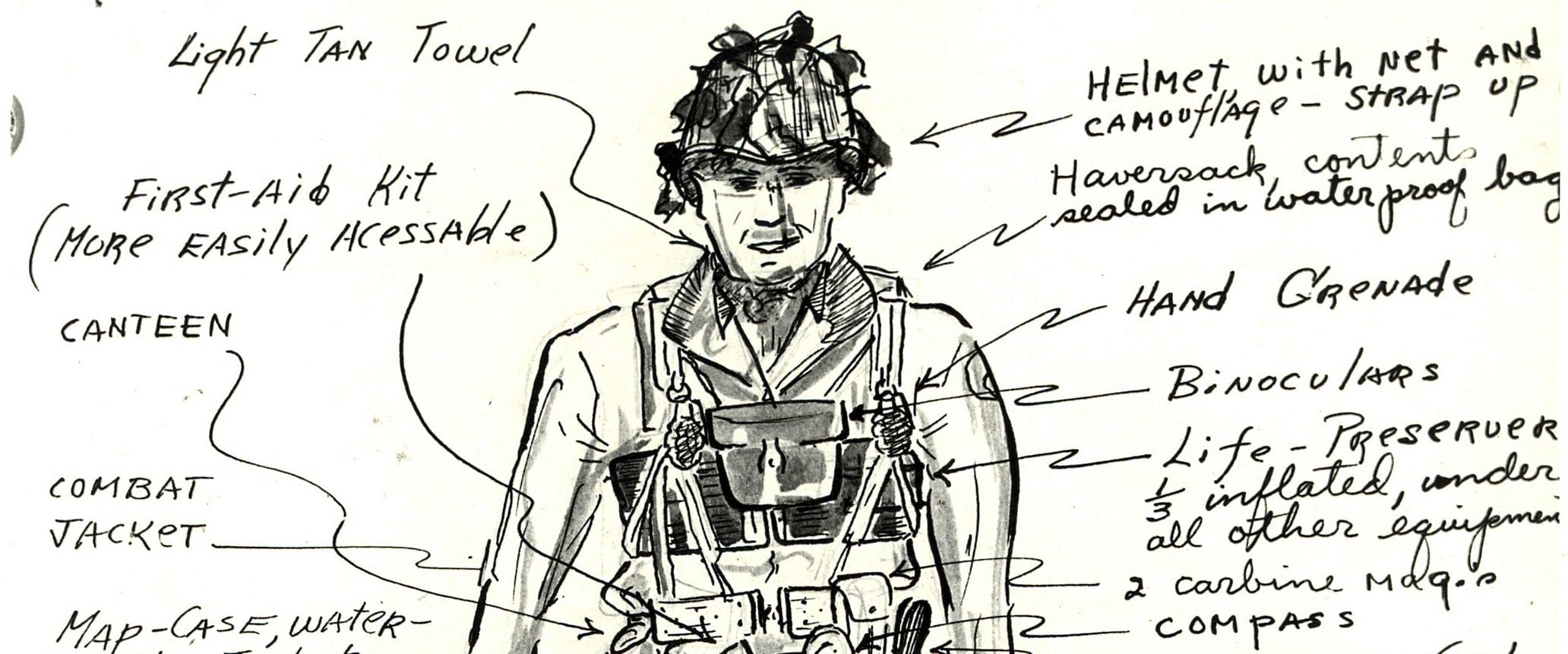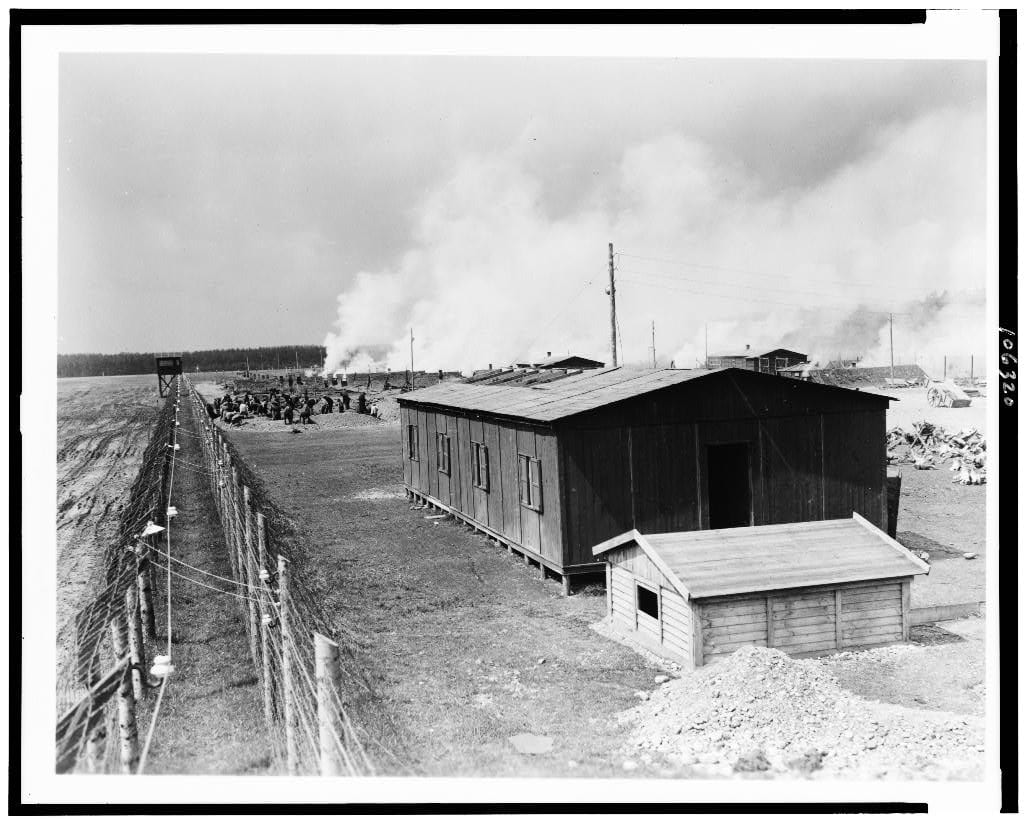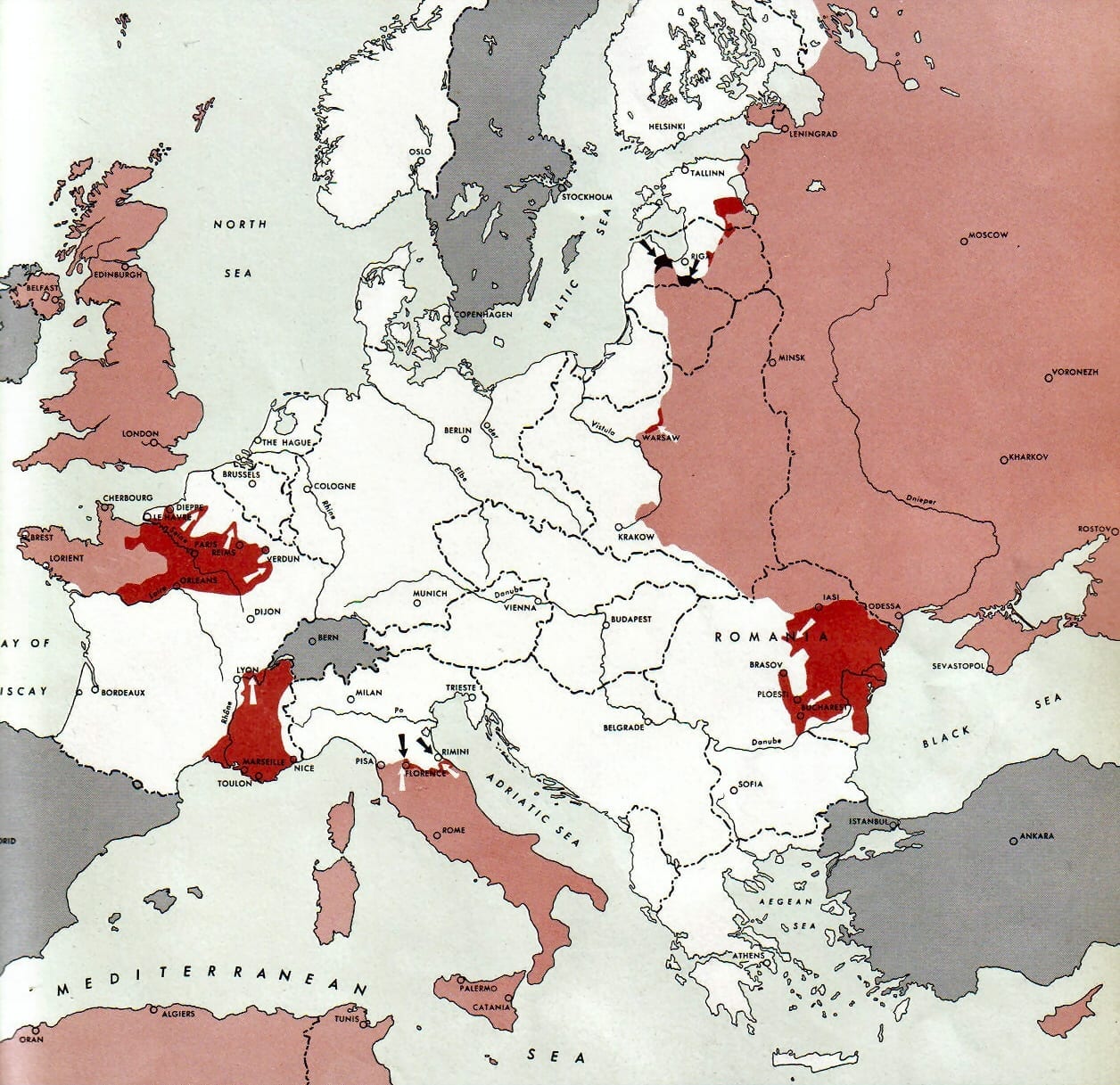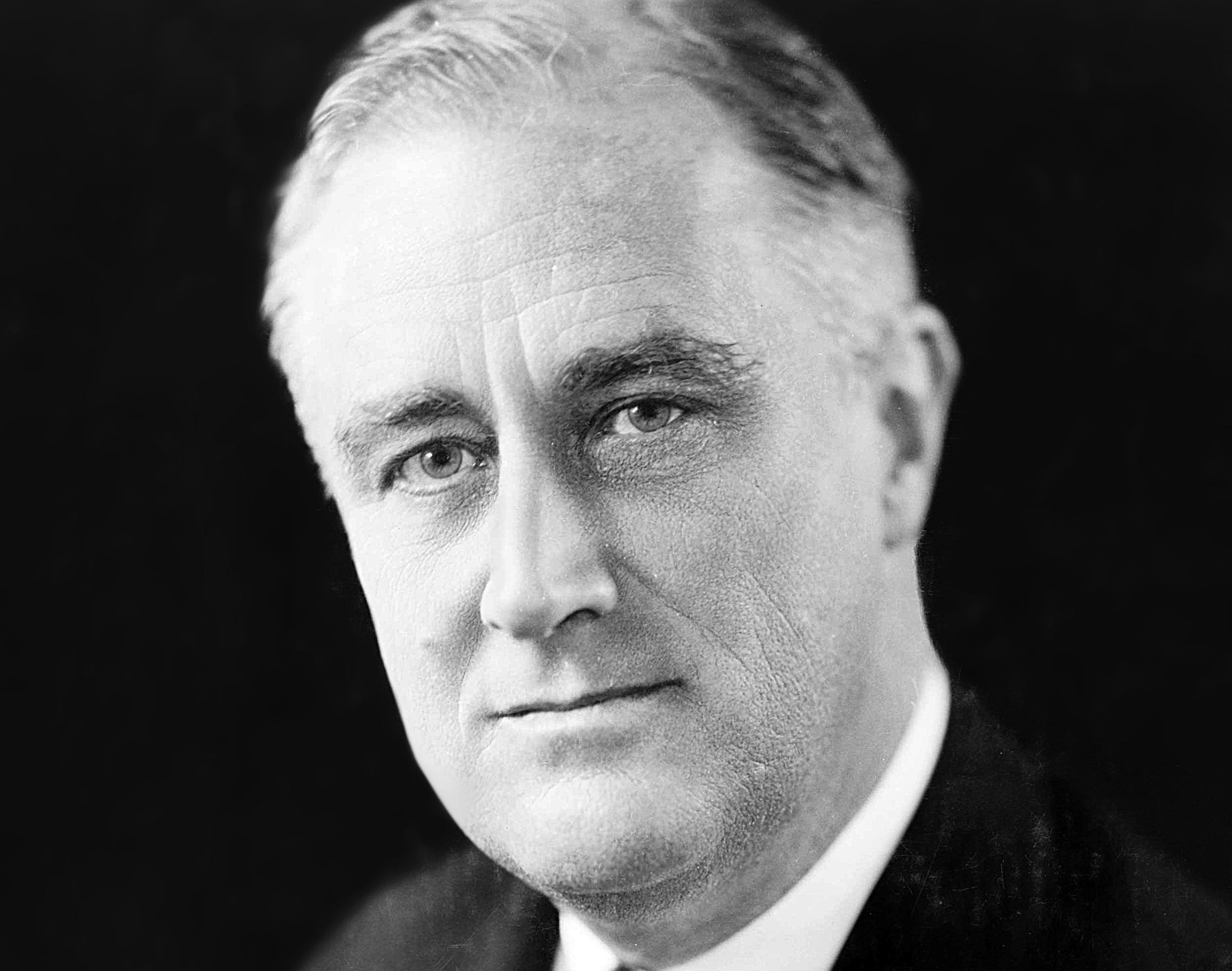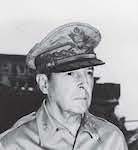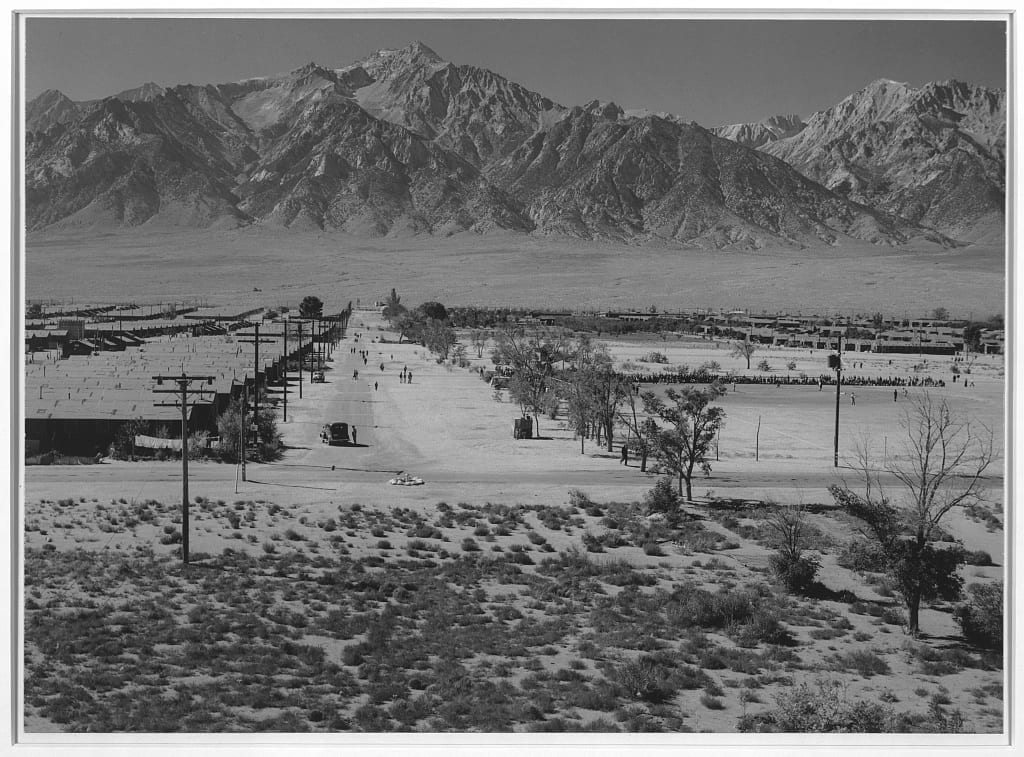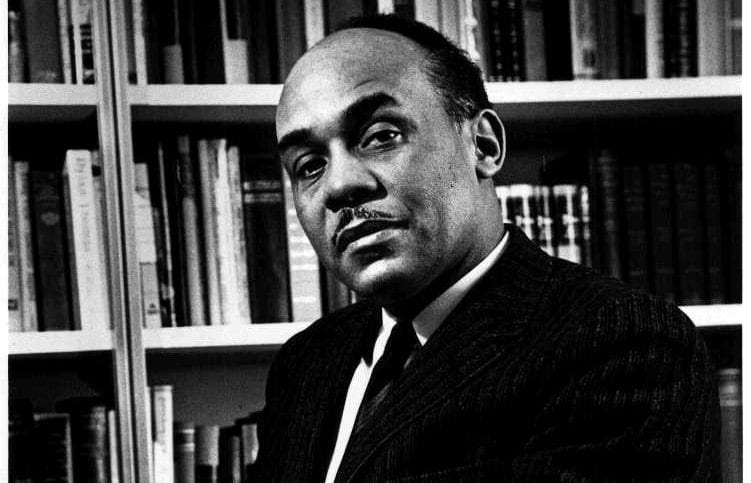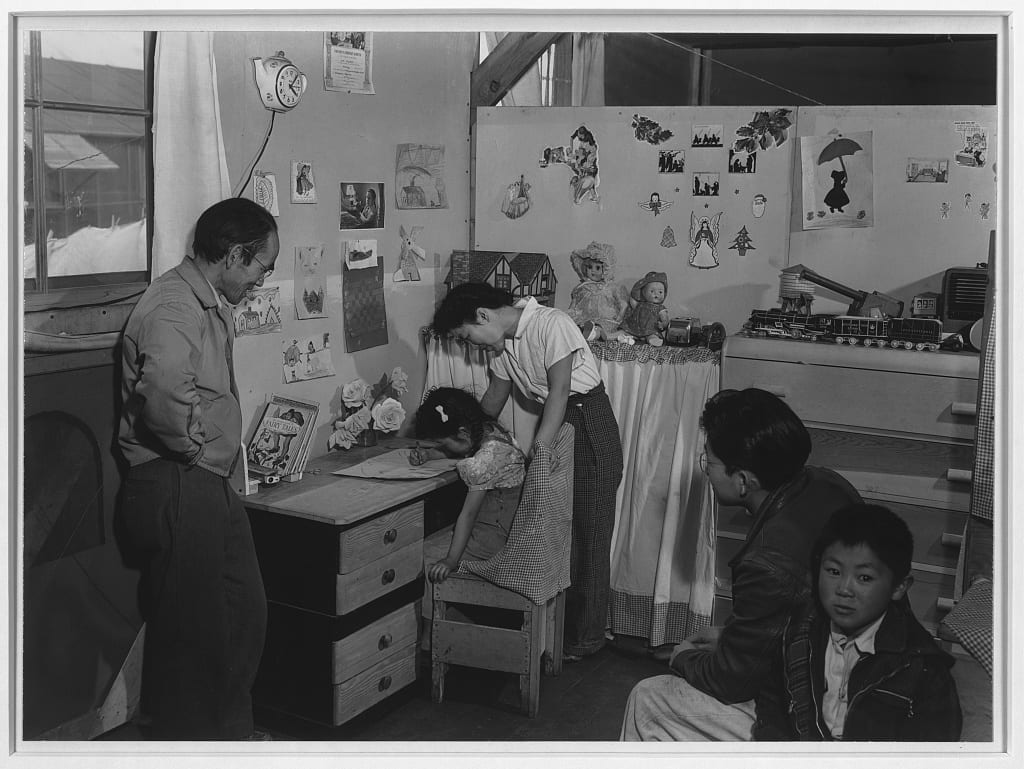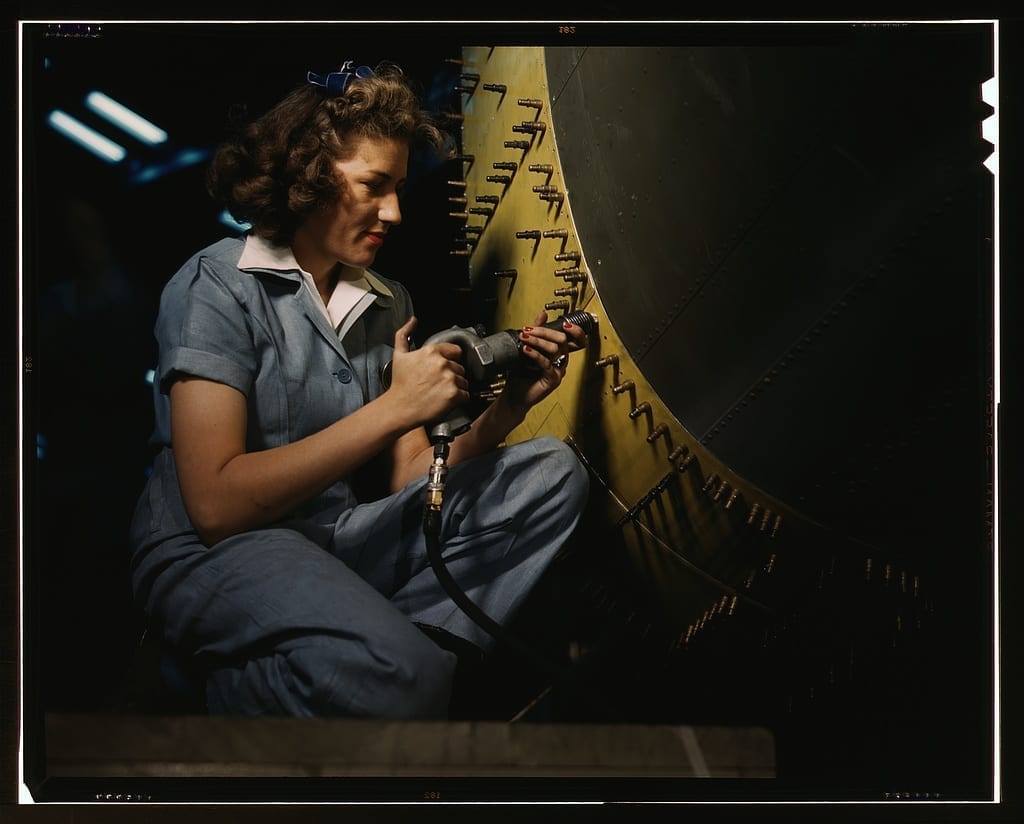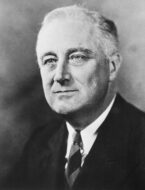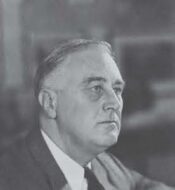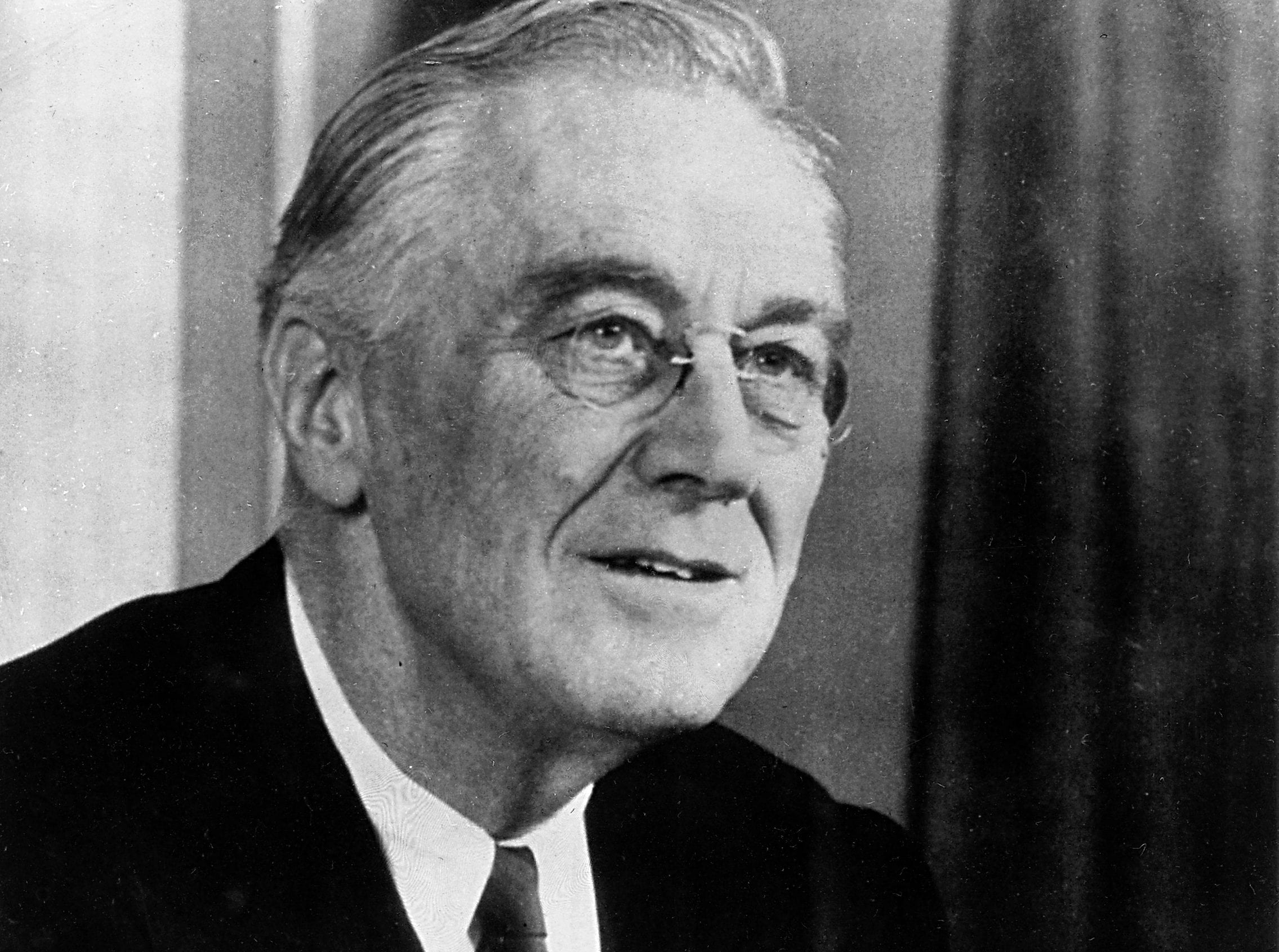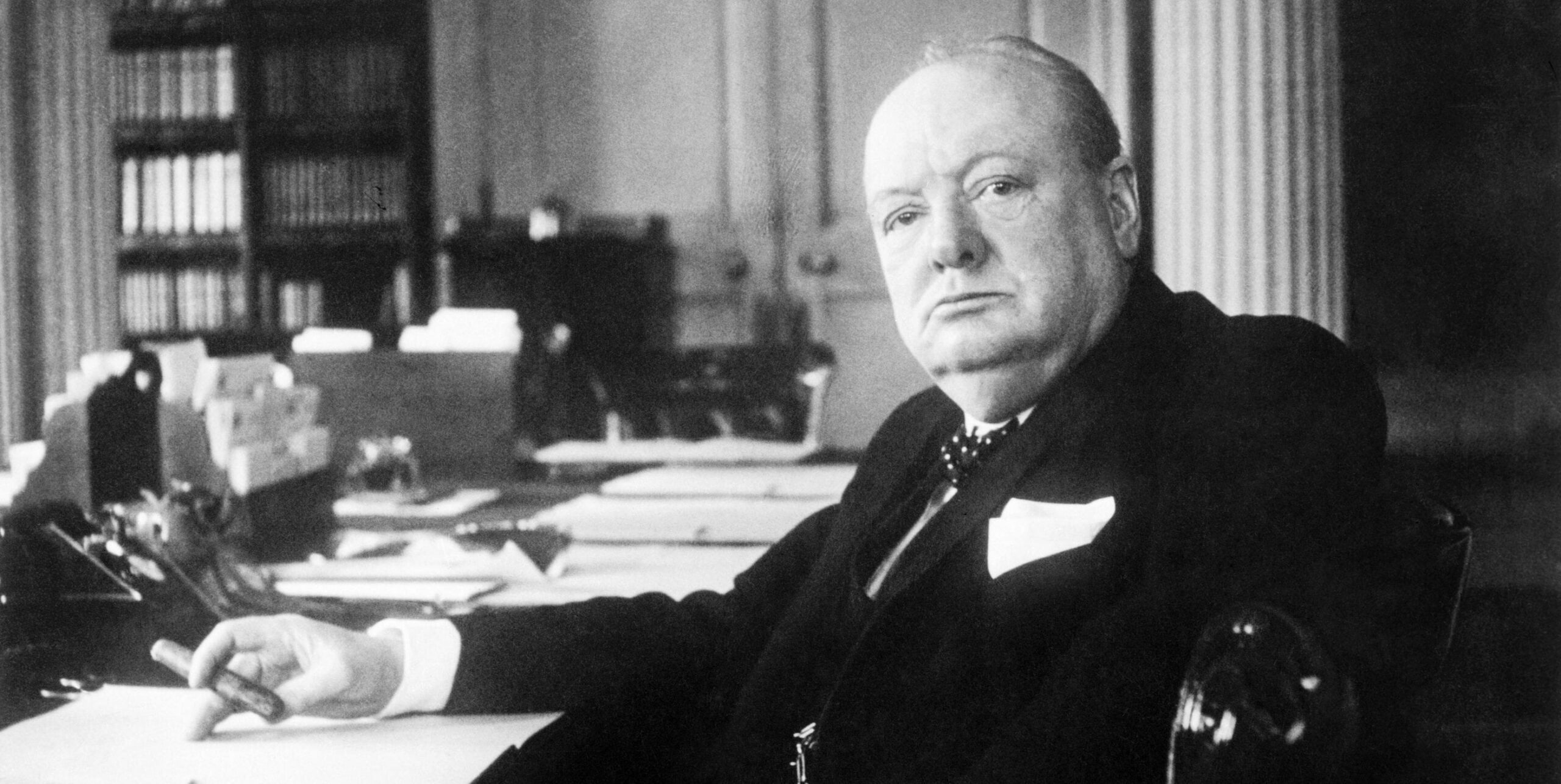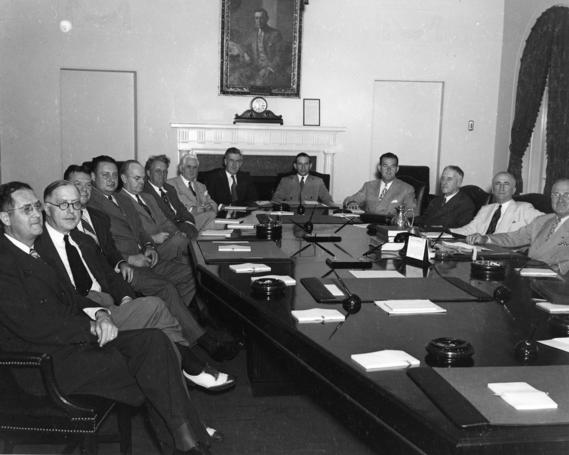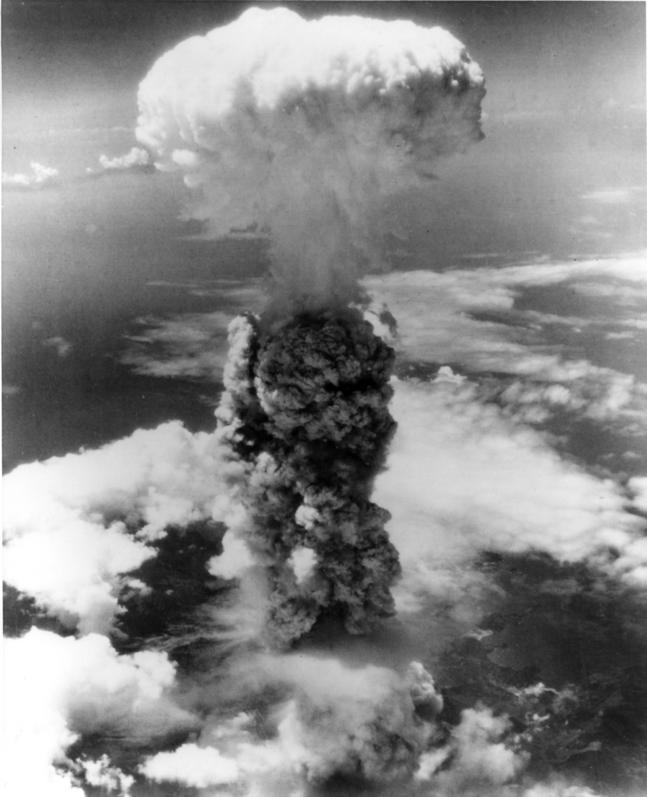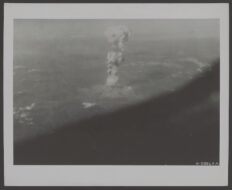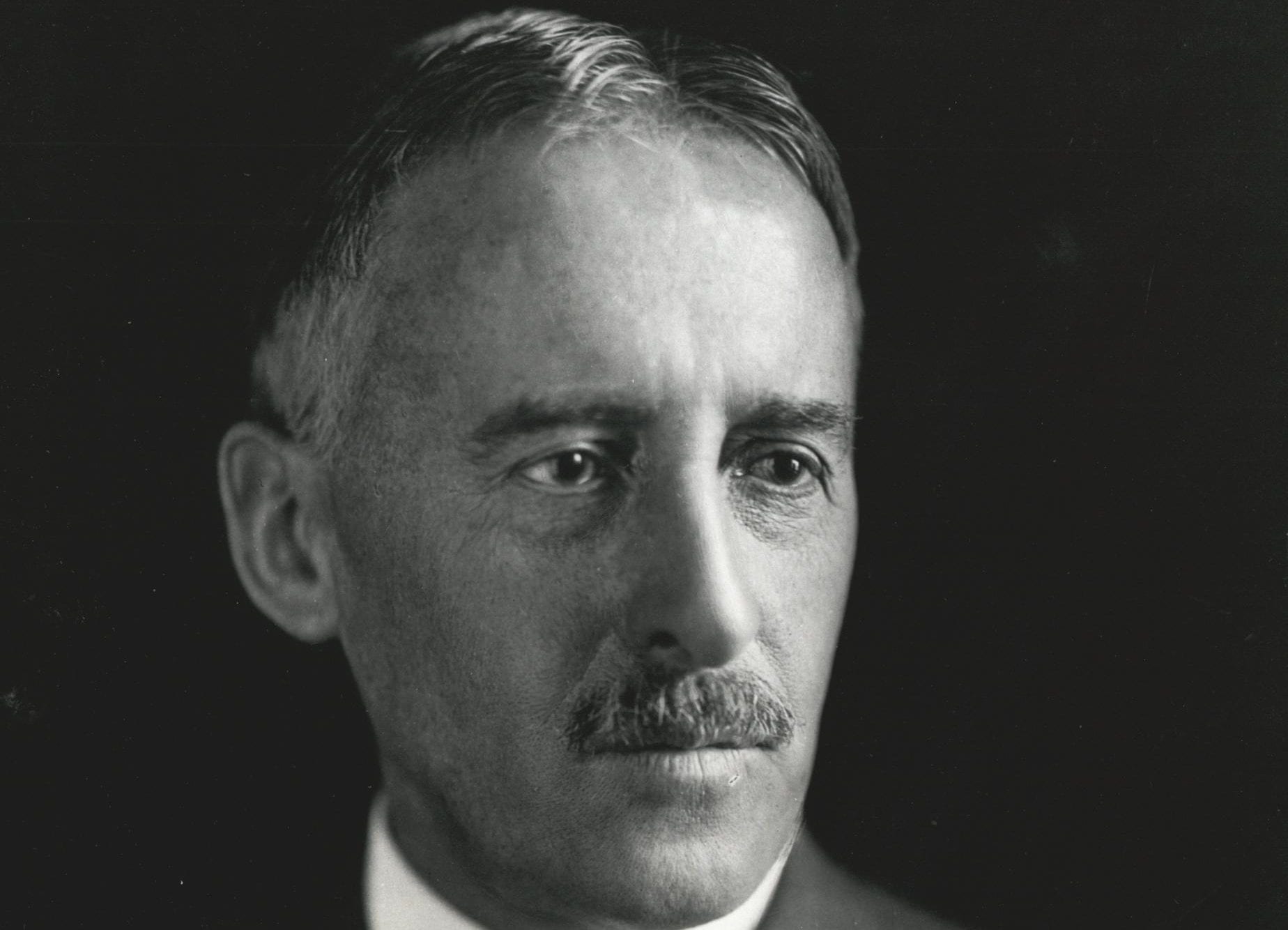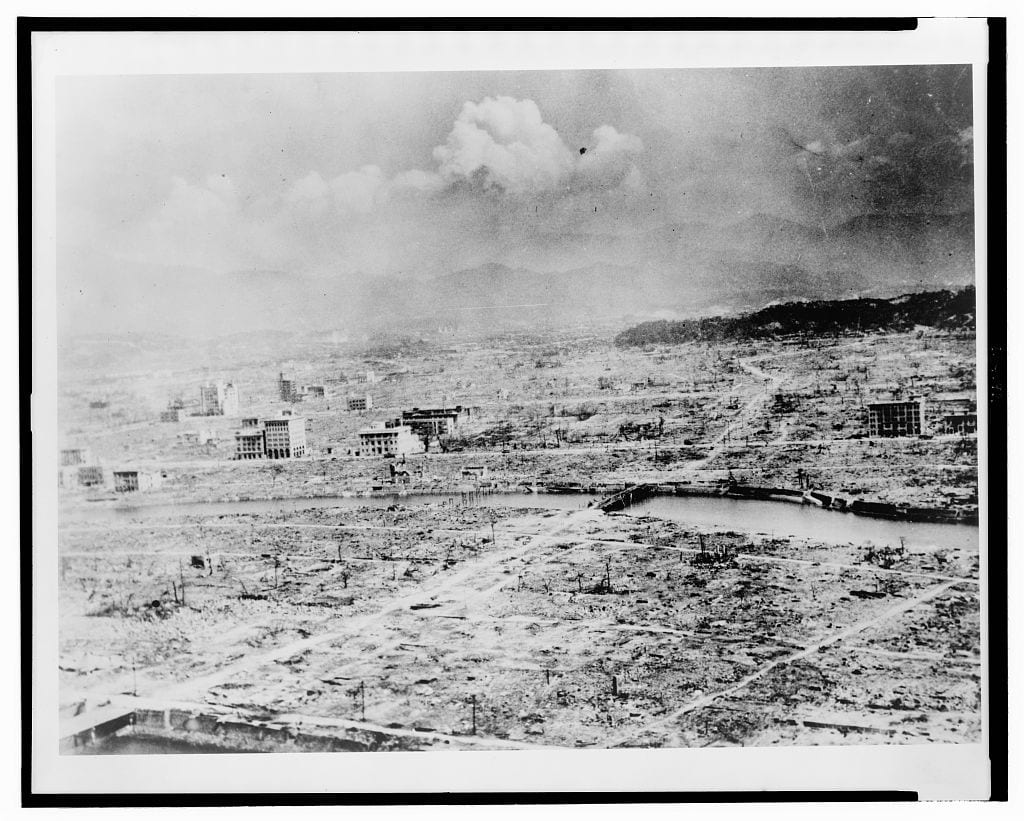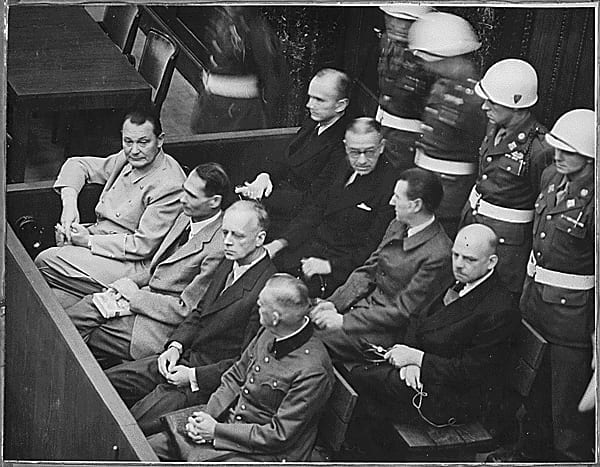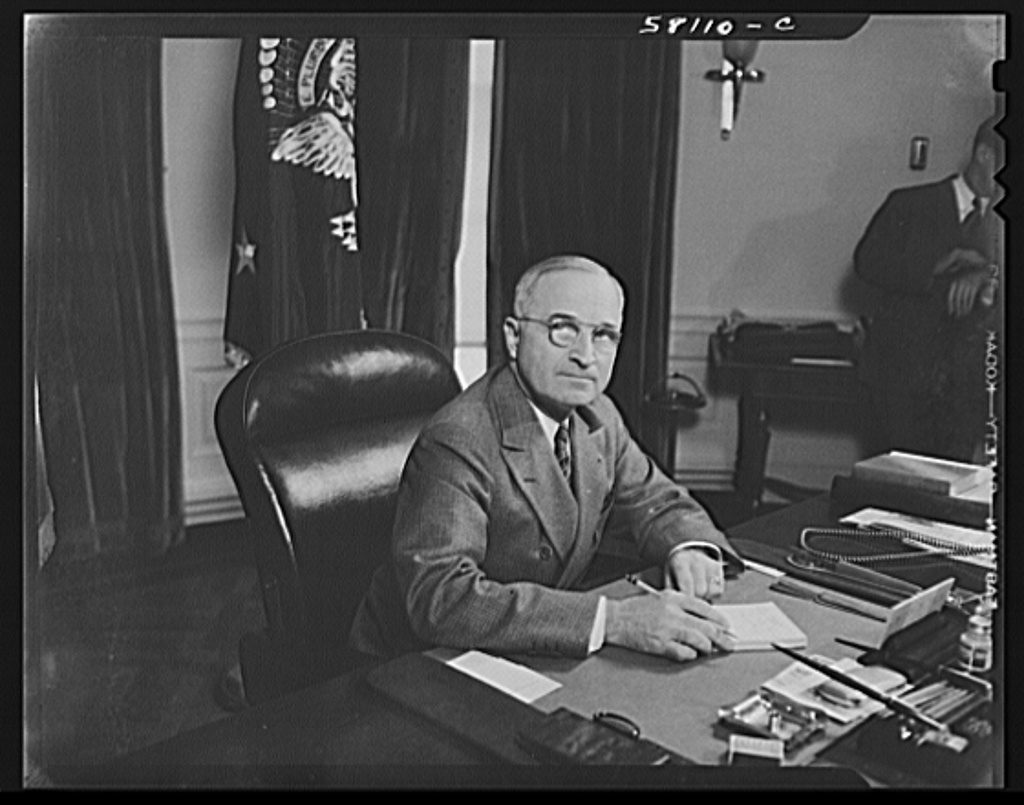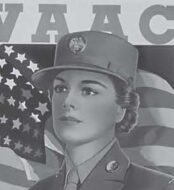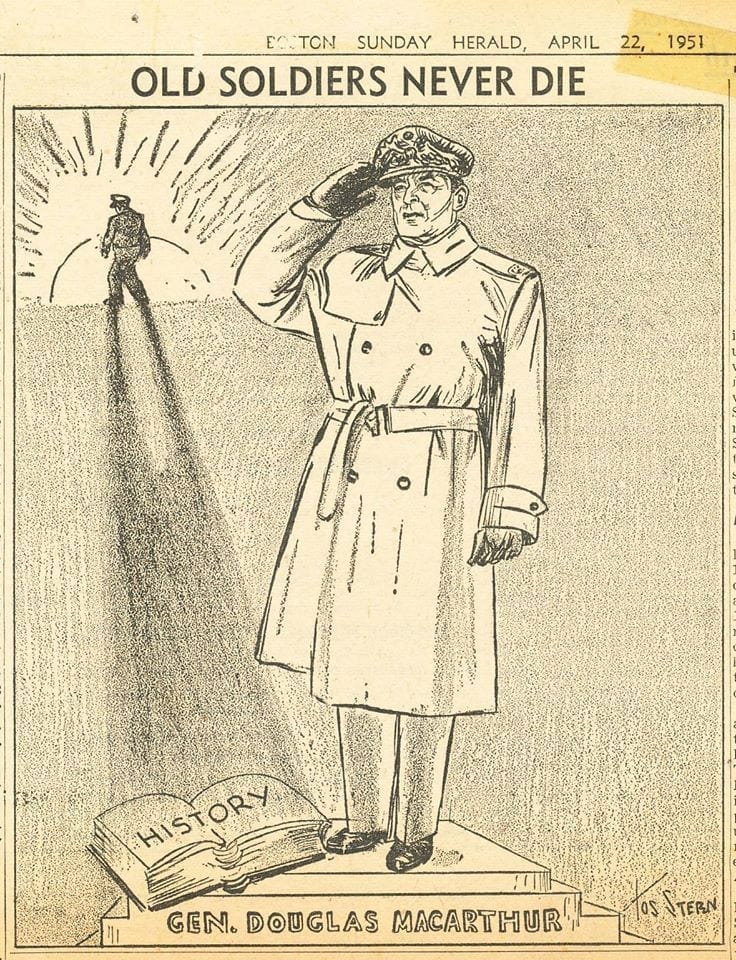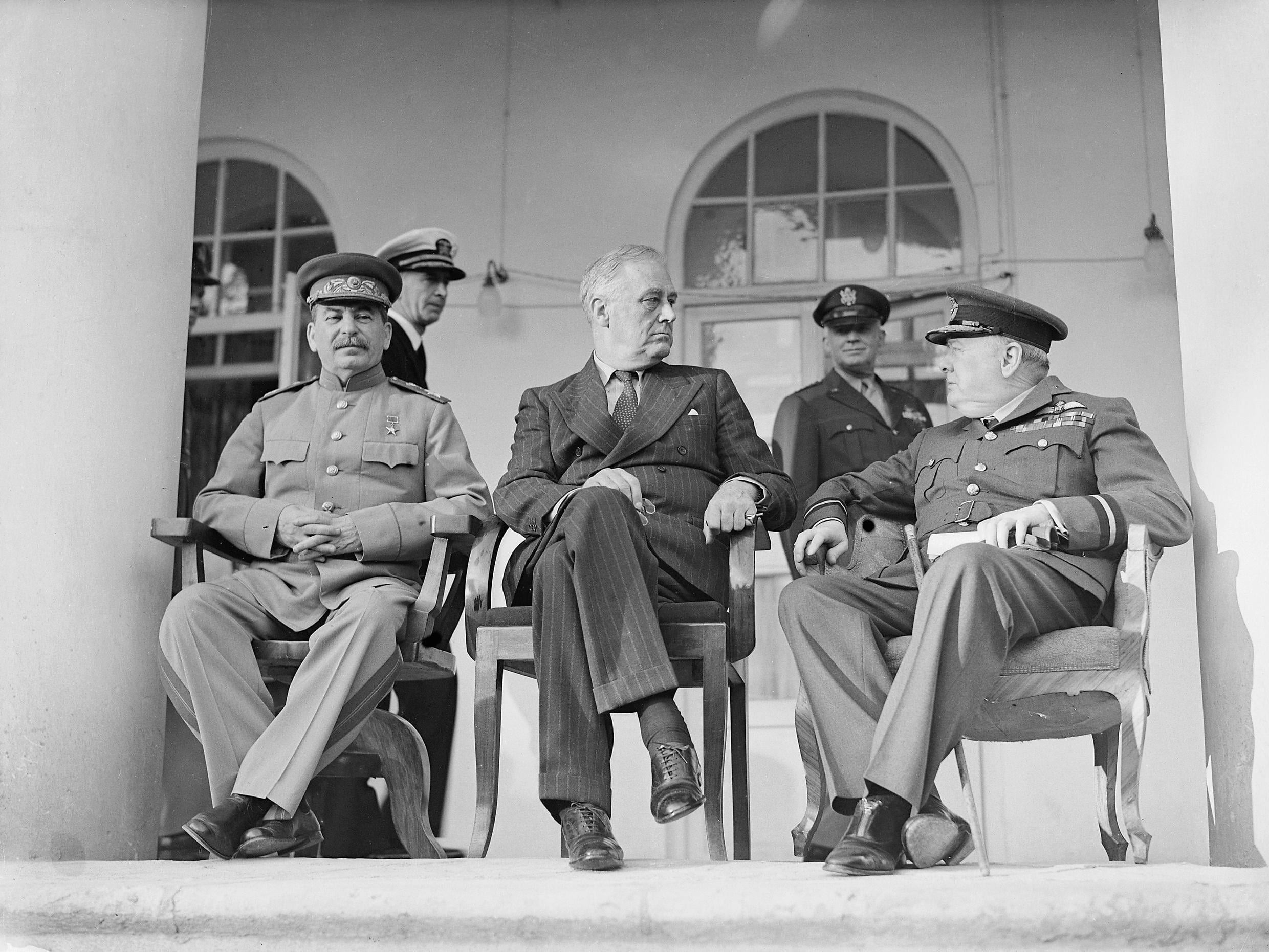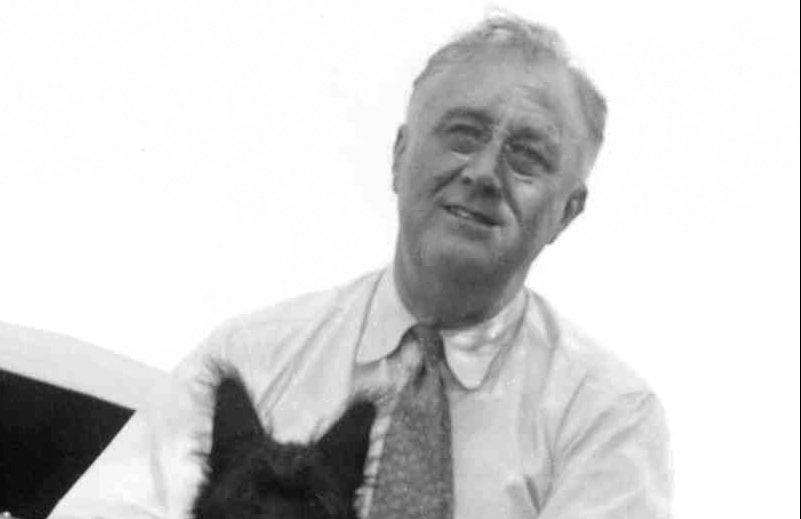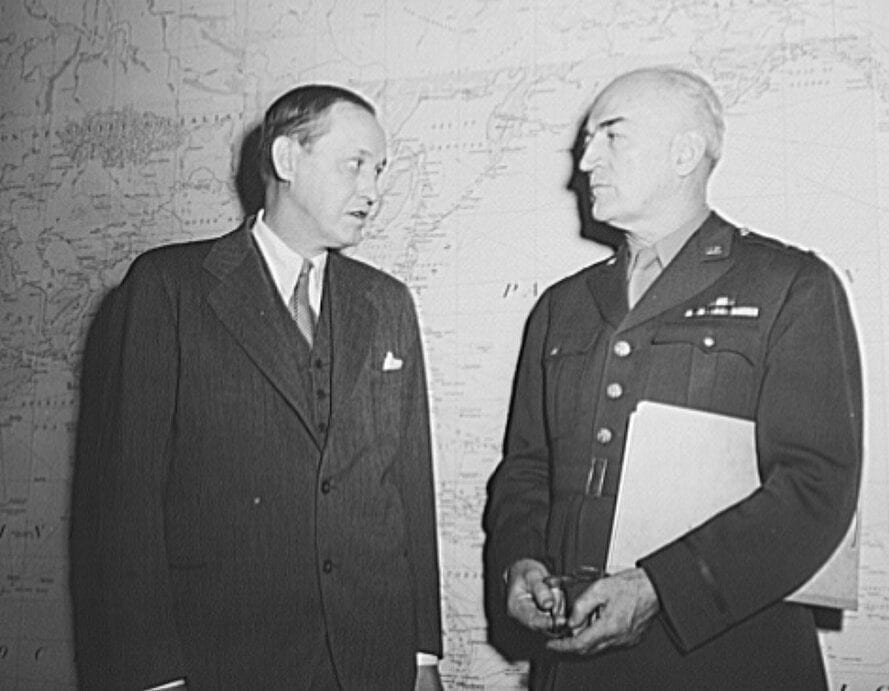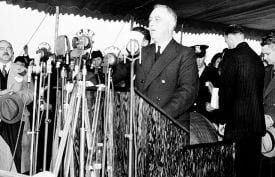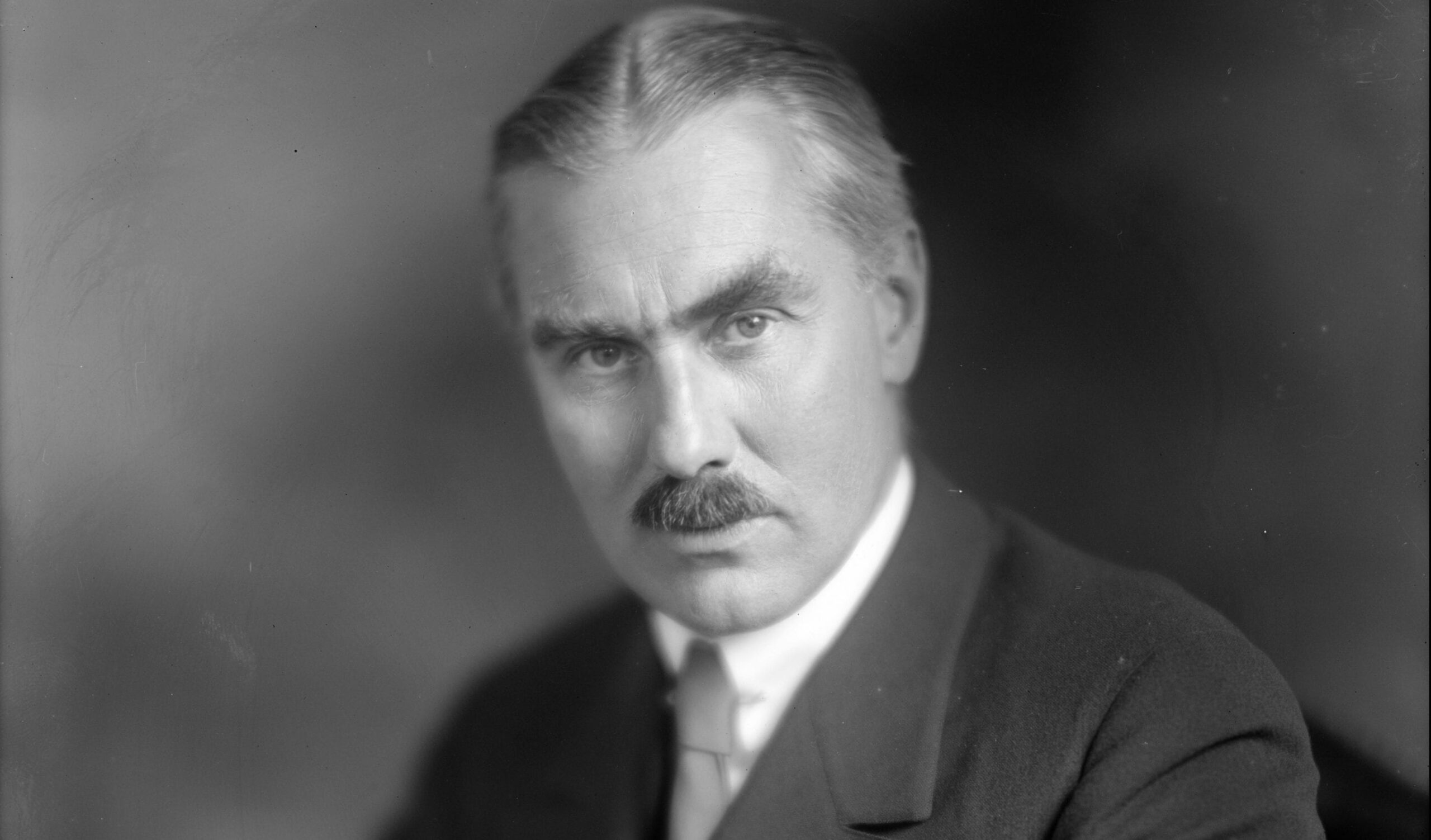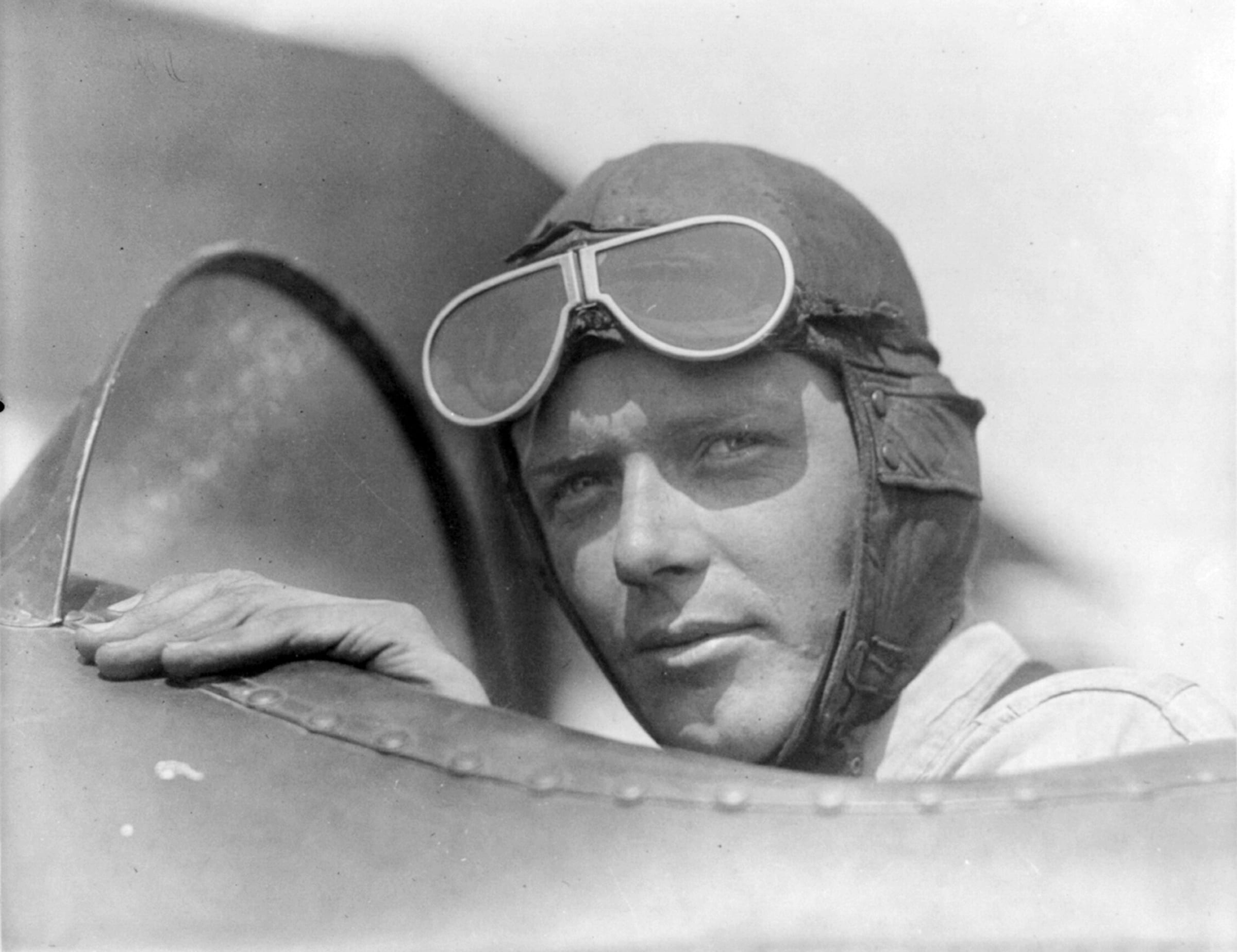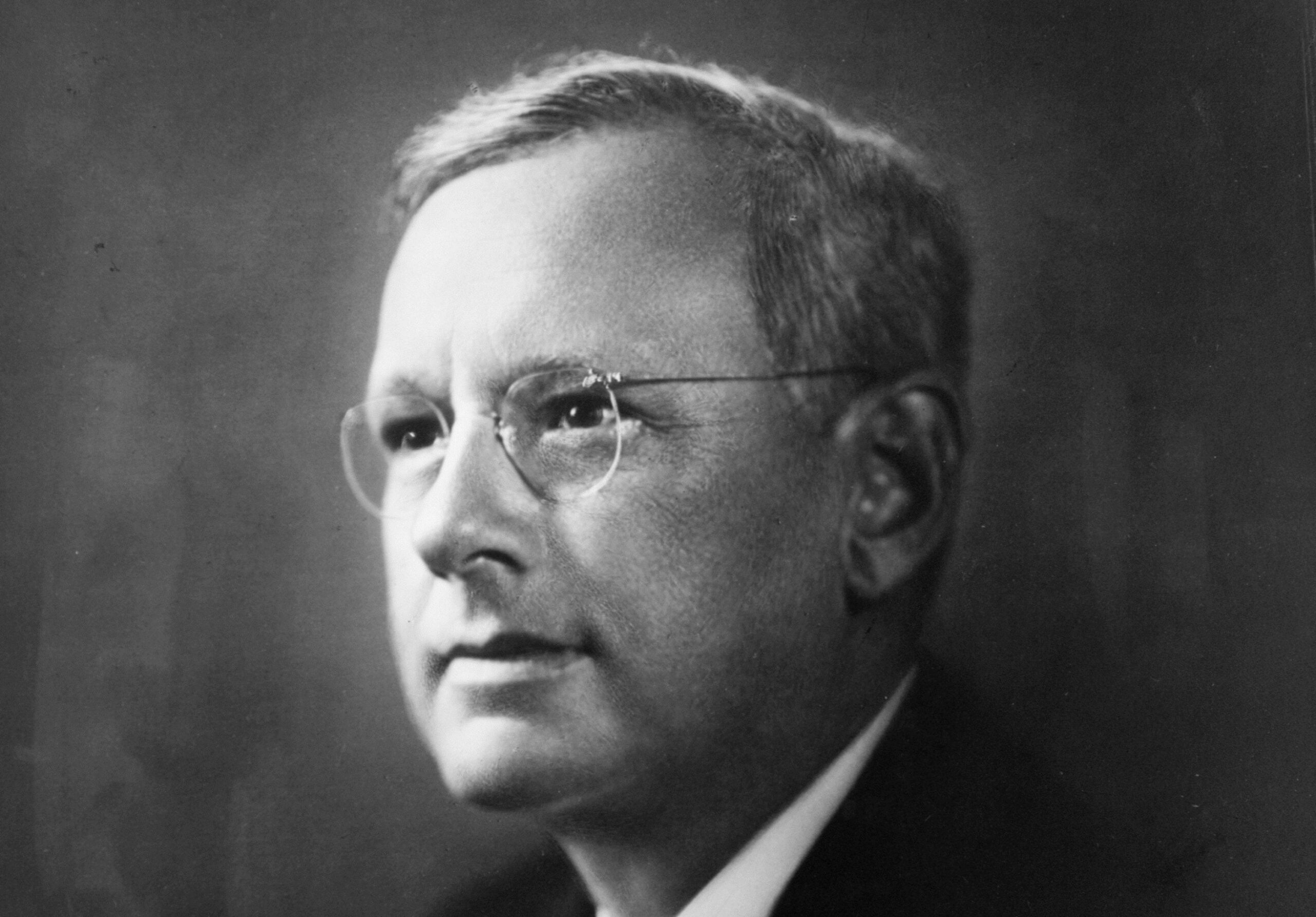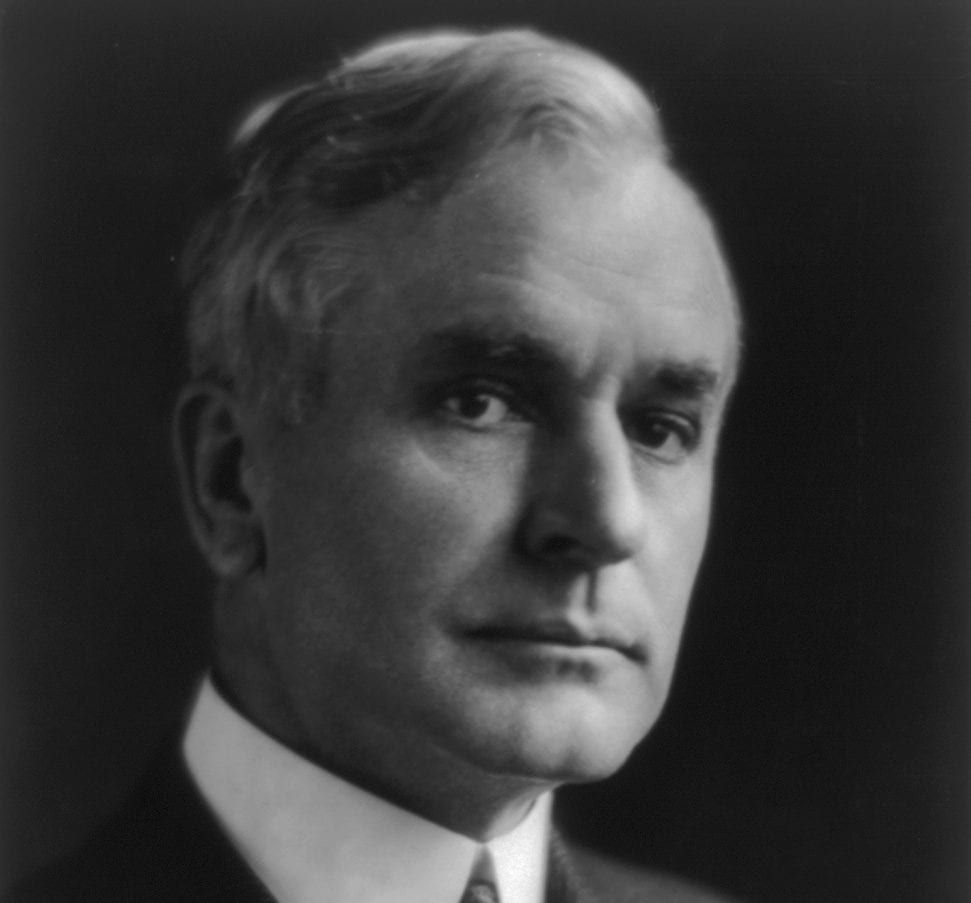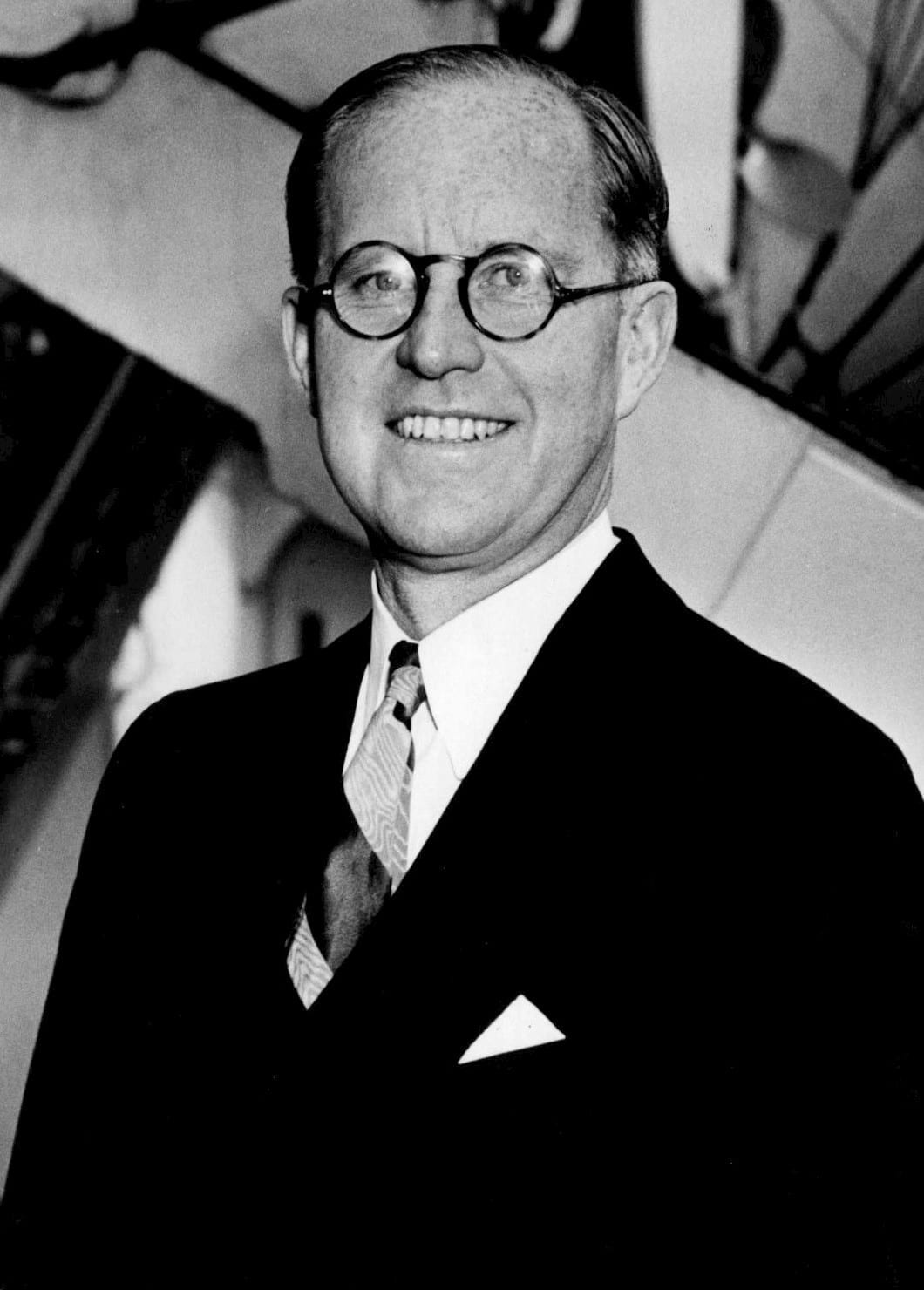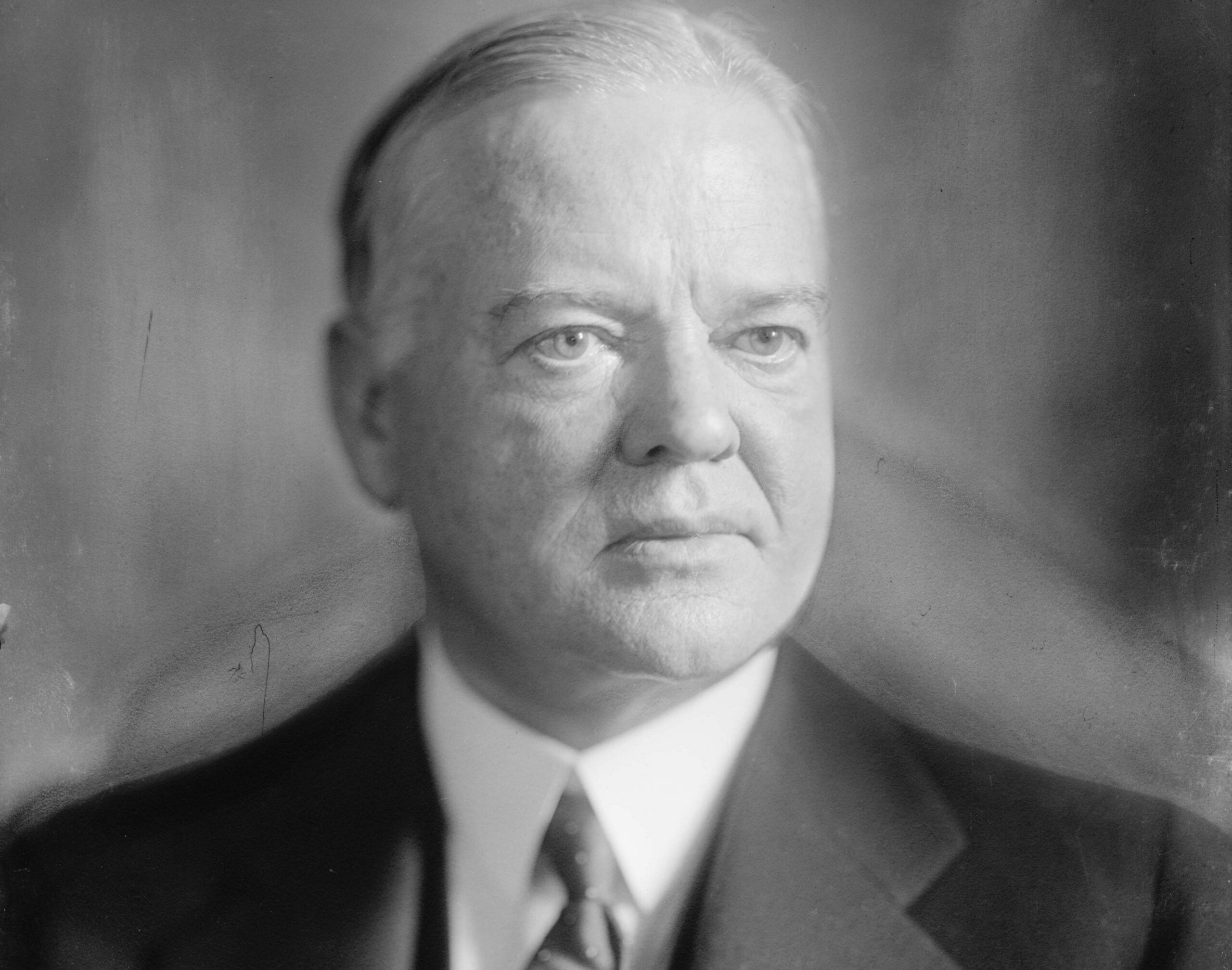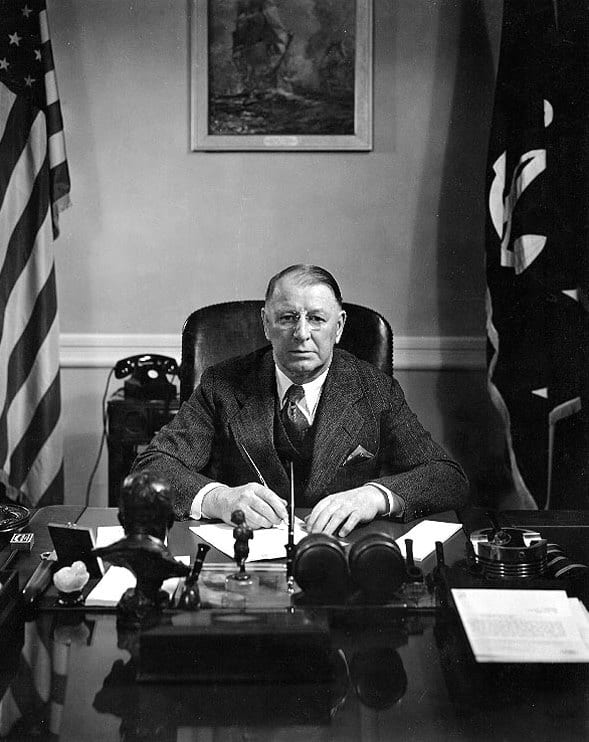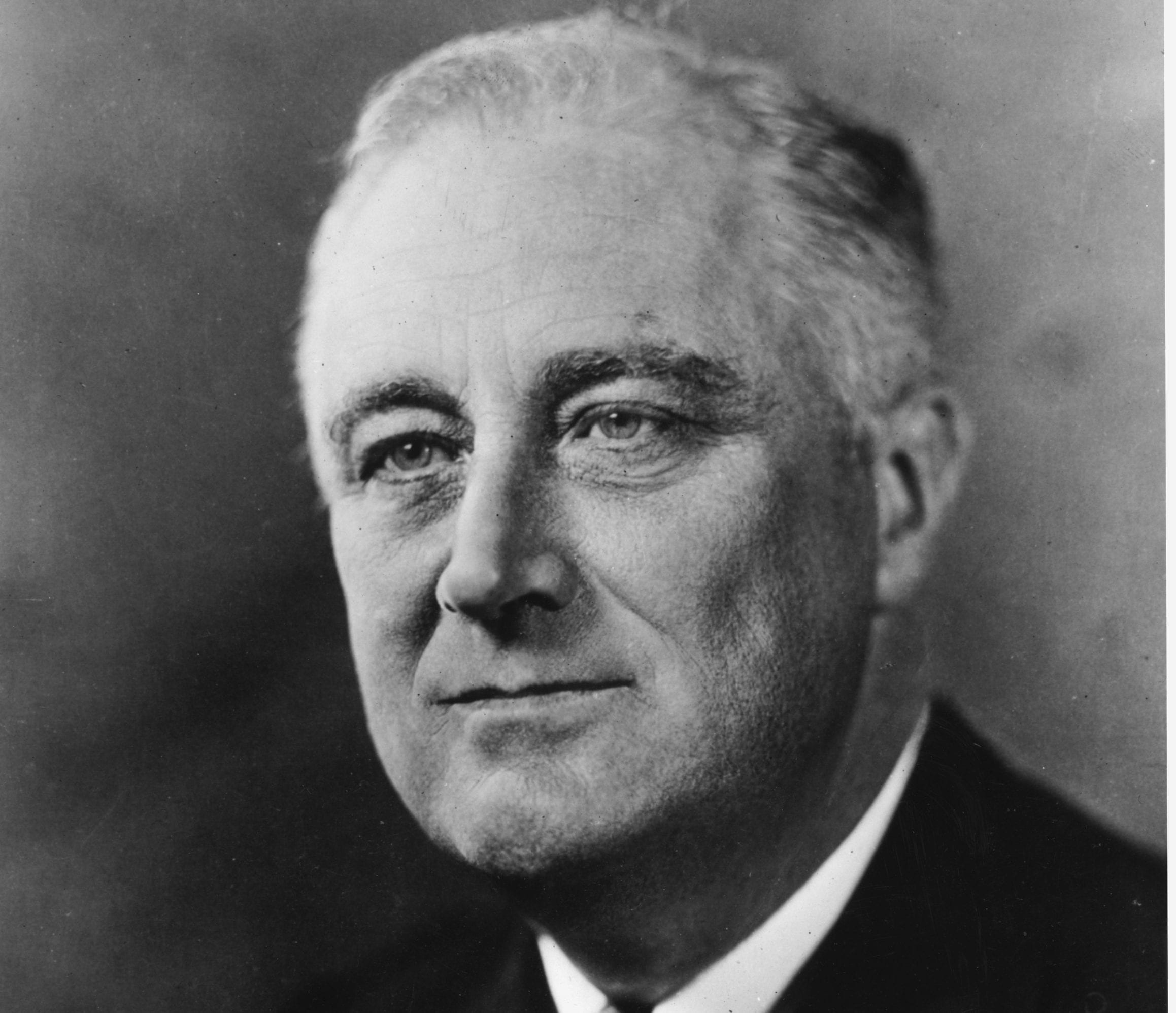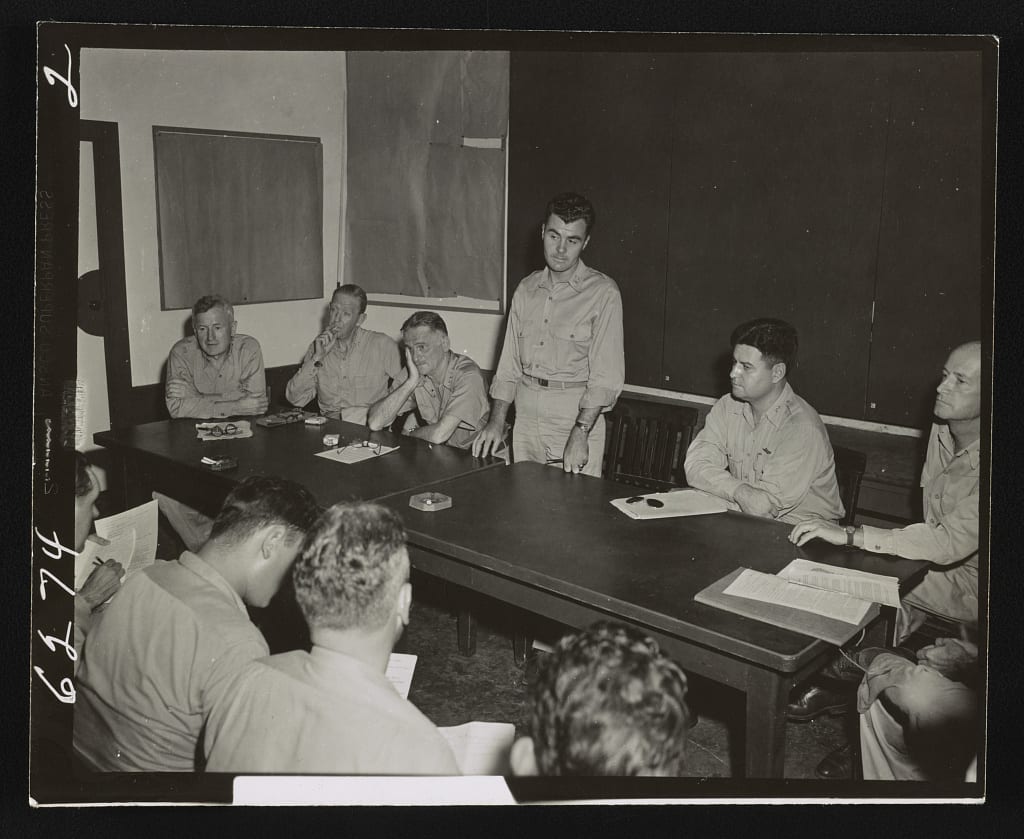PRESENT
| UNITED STATES |
UNITED KINGDOM |
SOVIET UNION |
| President Roosevelt |
Prime Minister Churchill |
Marshal Stalin |
| Mr. Hopkins |
Foreign Secretary Eden |
Mr. Berezhakov |
| Mr. Harriman |
Sir Archibald Clark Kerr |
|
| Mr. Bohlen |
Major Birse |
|
Bohlen Minutes
SECRET
The most notable feature of the dinner was the attitude of Marshal Stalin toward the Prime Minister. Marshal Stalin lost no oppor-tunity to get in a dig at Mr. Churchill. Almost every remark that he addressed to the Prime Minister contained some sharp edge, al-though the Marshal’s manner was entirely friendly. He apparently desired to put and keep the Prime Minister on the defensive. At one occasion he told the Prime Minister that just because Russians are simple people, it was a mistake to believe that they were blind and could not see what was before their eyes.
In the discussion in regard to future treatment of Germans, Marshal Stalin strongly implied on several occasions that Mr. Churchill nursed a secret affection for Germany and desired to see a soft peace.
Marshal Stalin was obviously teasing the Prime Minister for the latter’s attitude at the afternoon session of the Conference, he was also making known in a friendly fashion his displeasure at the British attitude on the question of OVERLORD.
Following Mr. Hopkins’ toast to the Red Army, Marshal Stalin spoke with great frankness in regard to the past and present capacity of the Red Army. He said that in the winter war against Finland, the Soviet Army had shown itself to be very poorly organized and had done very badly; that as a result of the Finnish War, the entire Soviet Army had been re-organized; but even so, when the Germans attacked in 1941, it could not be said that the Red Army was a first class fighting force. That during the war with Germany, the Red Army had become steadily better from [the] point of view of oper-ations, tactics, etc., and now he felt that it was genuinely a good army. He added that the general opinion in regard to the Red Army had been wrong, because it was not believed that the Soviet Army could reorganize and improve itself during time of war.
In regard to the future treatment of Germany, MARSHAL STALIN developed the thesis that he had previously expressed, namely, that really effective measures to control Germany must be evolved, other-wise Germany would rise again within 15 or 20 years to plunge the world into another war. He said that two conditions must be met:
(1) At least 50,000 and perhaps 100,000 of the German Commanding Staff must be physically liquidated.
(2) The victorious Allies must retain possession of the important strategic points in the world so that if Germany moved a muscle she could be rapidly stopped.
MARSHAL STALIN added that similar strong points now in the hands of Japan should remain in the hands of the Allies.
THE PRESIDENT jokingly said that he would put the figure of the German Commanding Staff which should be executed at 49,000 or more.
THE PRIME MINISTER took strong exception to what he termed the cold blooded execution of soldiers who fought for their country. He said that war criminals must pay for their crimes and individuals who had committed barbarous acts, and in accordance with the Moscow Document, which he himself had written, they must stand trial at the places where the crimes were committed. He objected vigorously, however, to executions for political purposes.
MARSHAL STALIN, during this part of the conversation, continuously referred to Mr. Churchill’s secret liking for the Germans.
With reference to the occupation of bases and strong points in the vicinity of Germany and Japan, THE PRESIDENT said those bases must be held under trusteeship.
MARSHAL STALIN agreed with the President.
THE PRIME MINISTER stated that as far as Britain was concerned, they do not desire to acquire any new territory or bases, but intended to hold on to what they had. He said that nothing would be taken away from England without a war. He mentioned specifically, Singapore and Hong Kong. He said a portion of the British Empire might eventually be released but that this would be done entirely by Great Britain herself, in accordance with her own moral precepts. He said that Great Britain, if asked to do so, might occupy certain bases under trusteeship, provided others would help pay the cost of such occupation.
MARSHAL STALIN replied that England had fought well in the war, and he, personally, favored an increase in the British Empire, particularly the area around Gibraltar. He also suggested that Great Britain and the United States install more suitable government[s] in Spain and Portugal, since he was convinced that Franco was no friend of Great Britain or the United States. In reply to the Prime Minister’s inquiry as to what territorial interests the Soviet Union had, MARSHAL STALIN replied “there is no need to speak at the present time about any Soviet desires, but when the time comes, we will speak.”
Although the discussion between Marshal Stalin and the Prime Minister remained friendly, the arguments were lively and Stalin did not let up on the Prime Minister throughout the entire evening.


